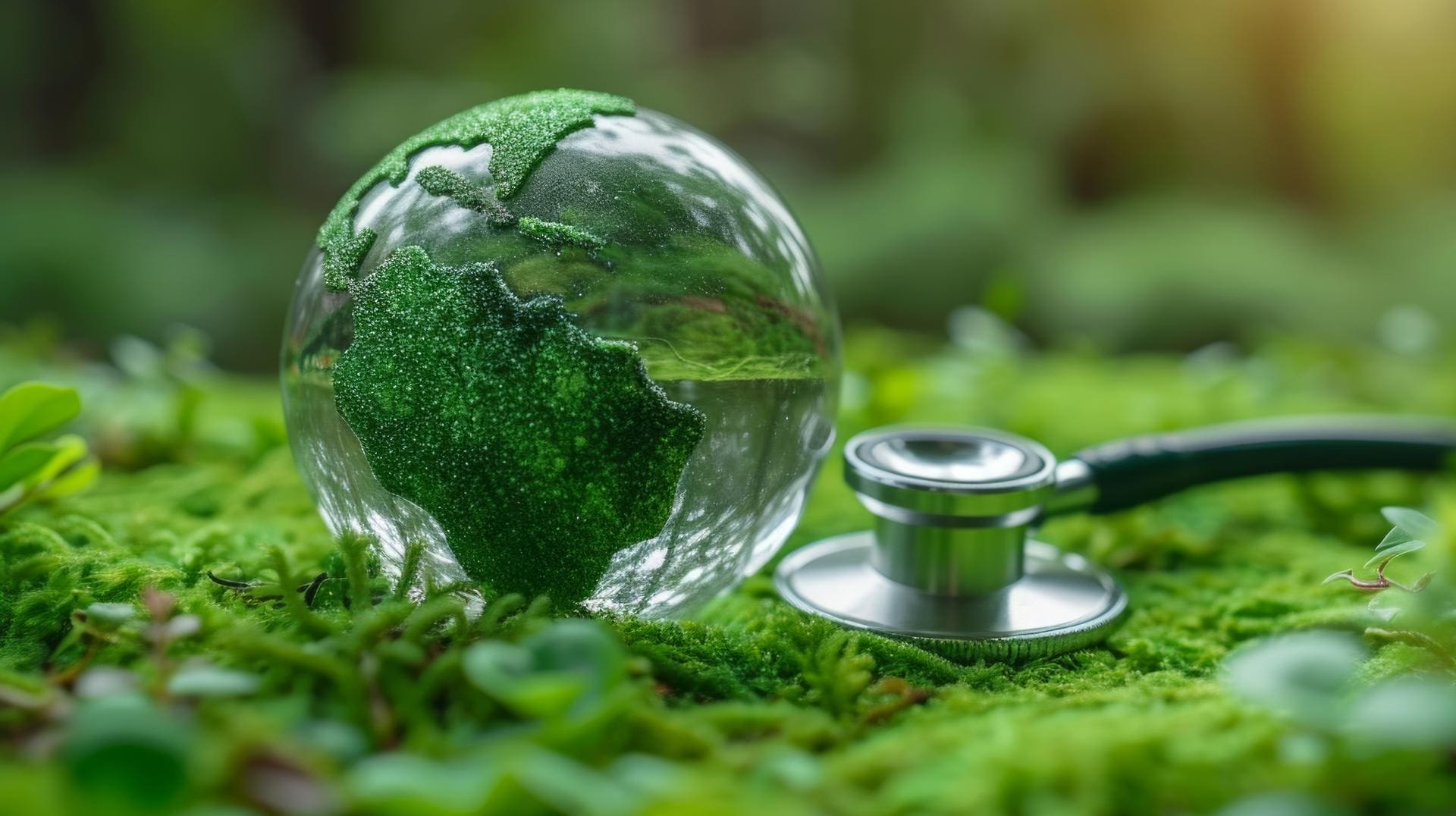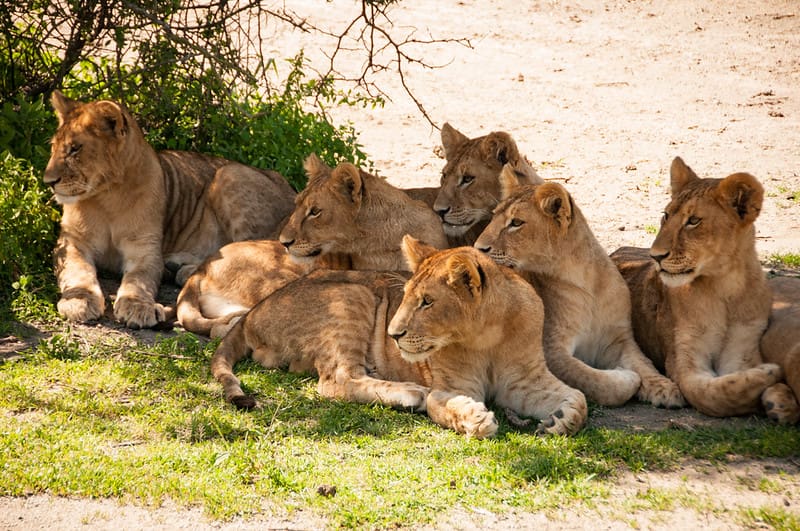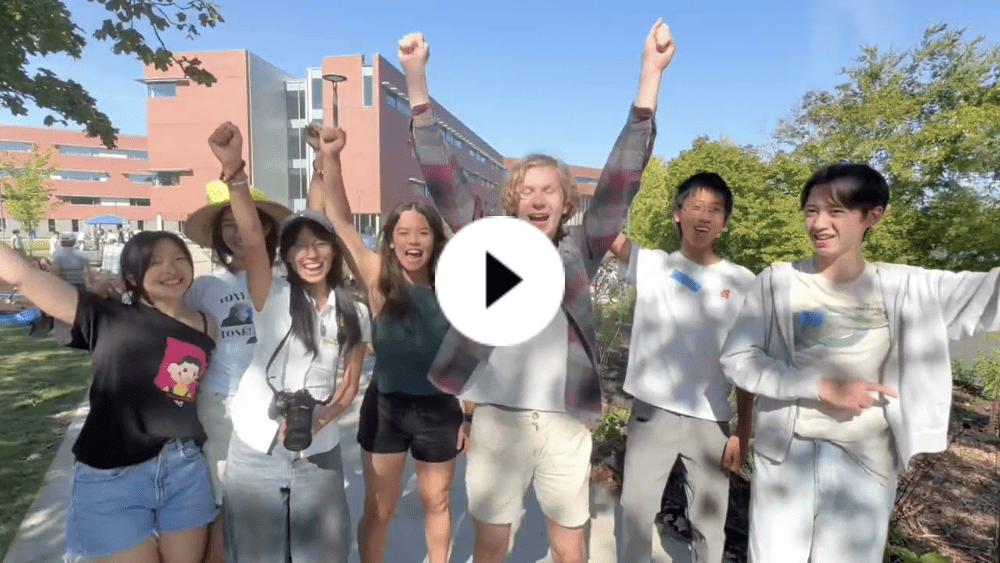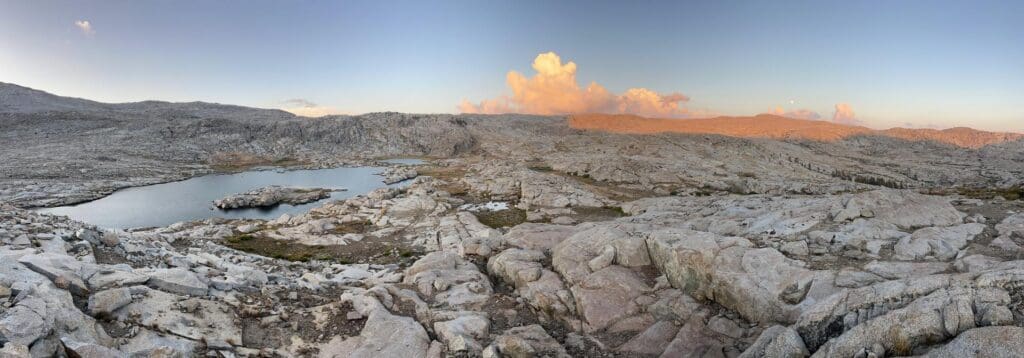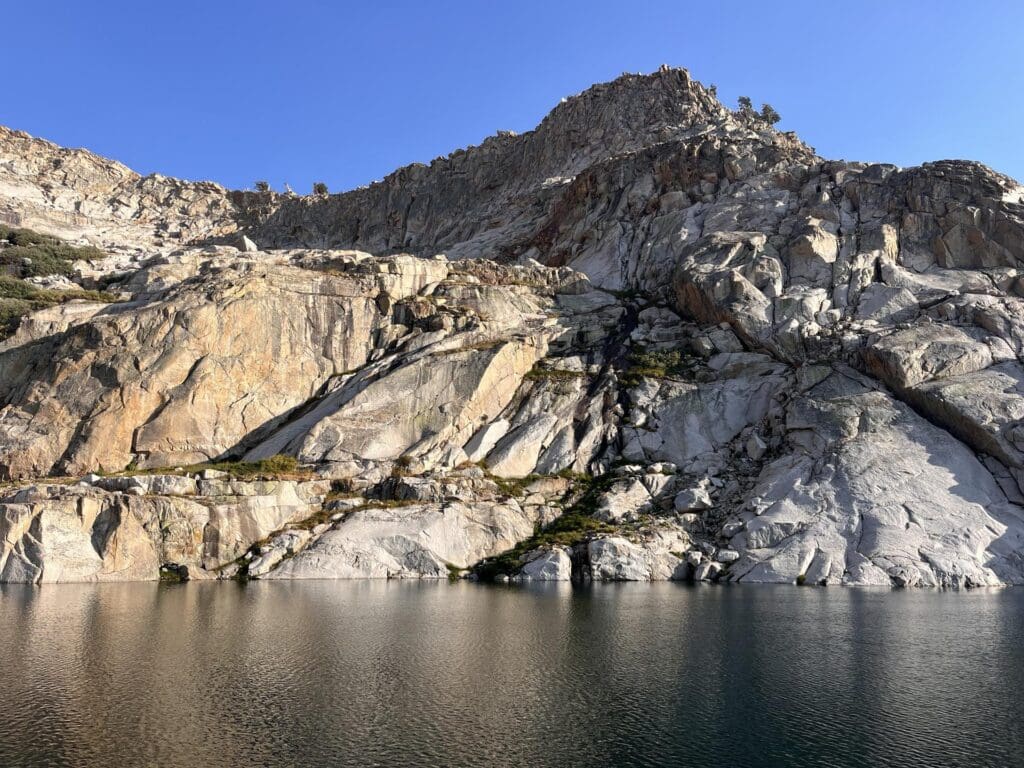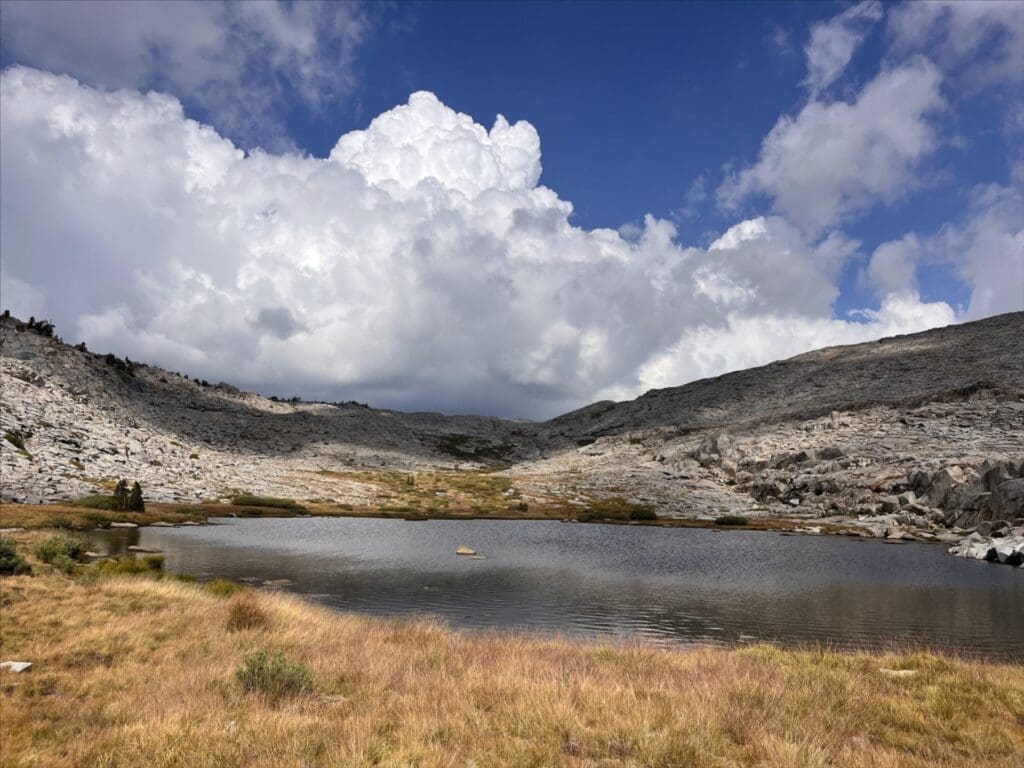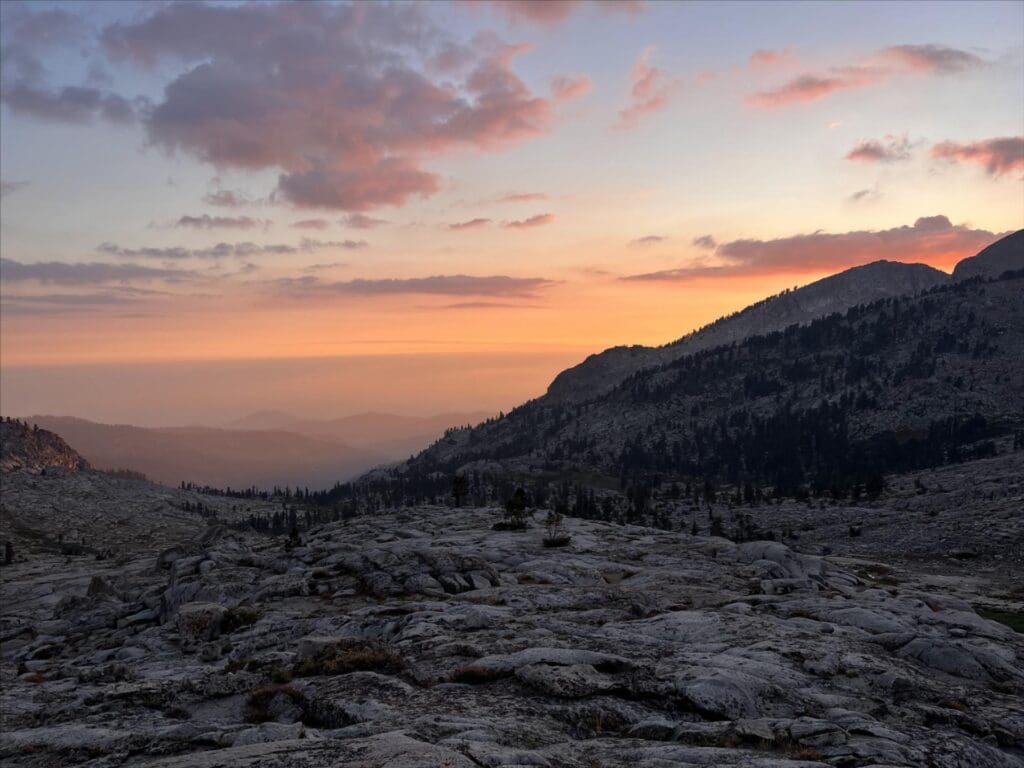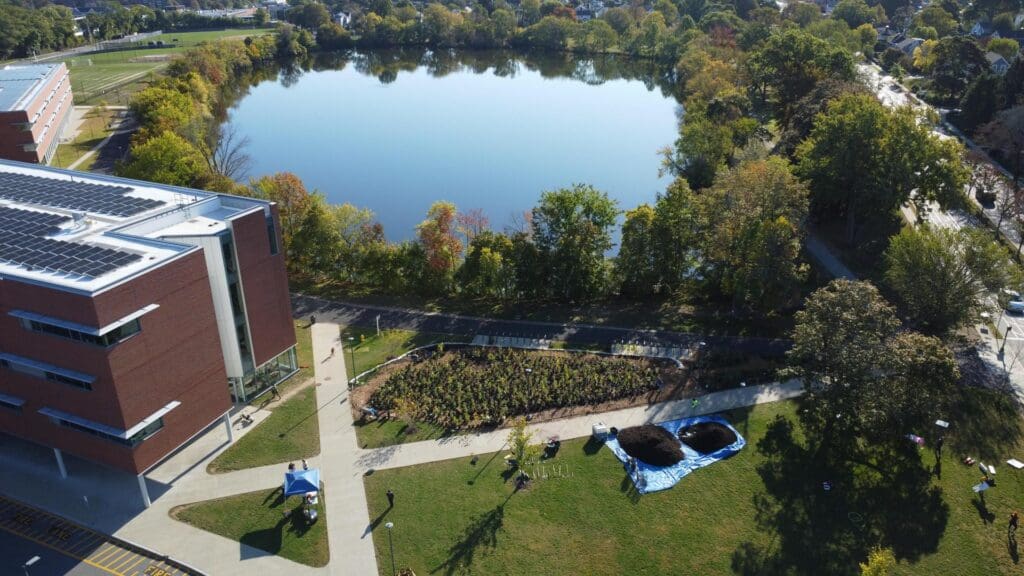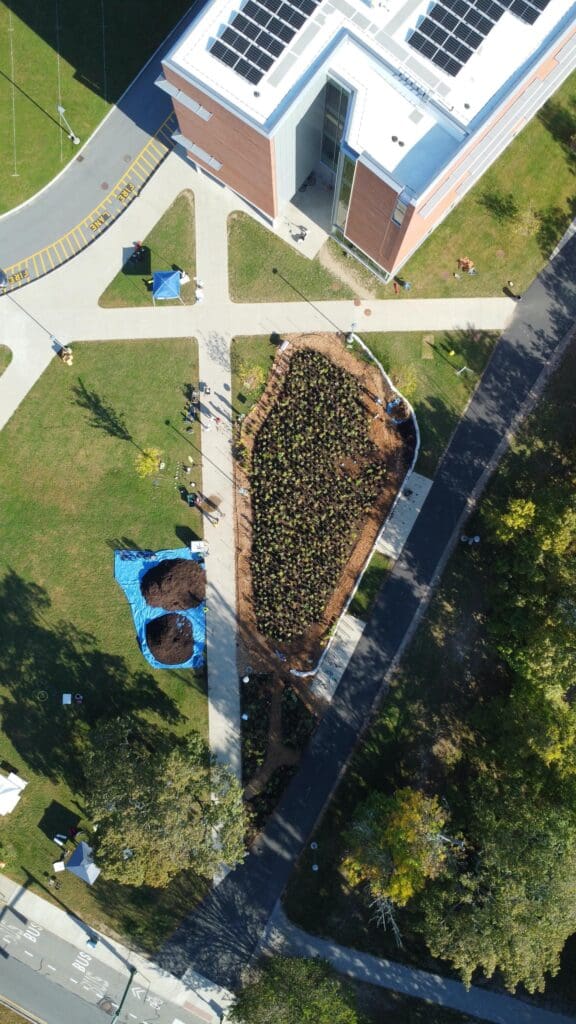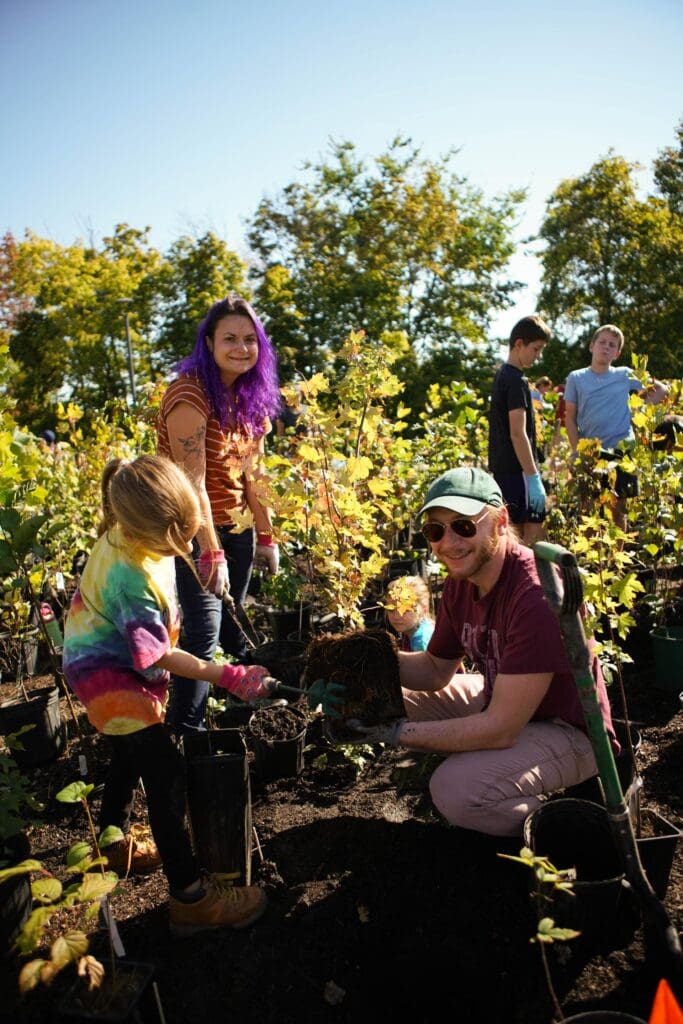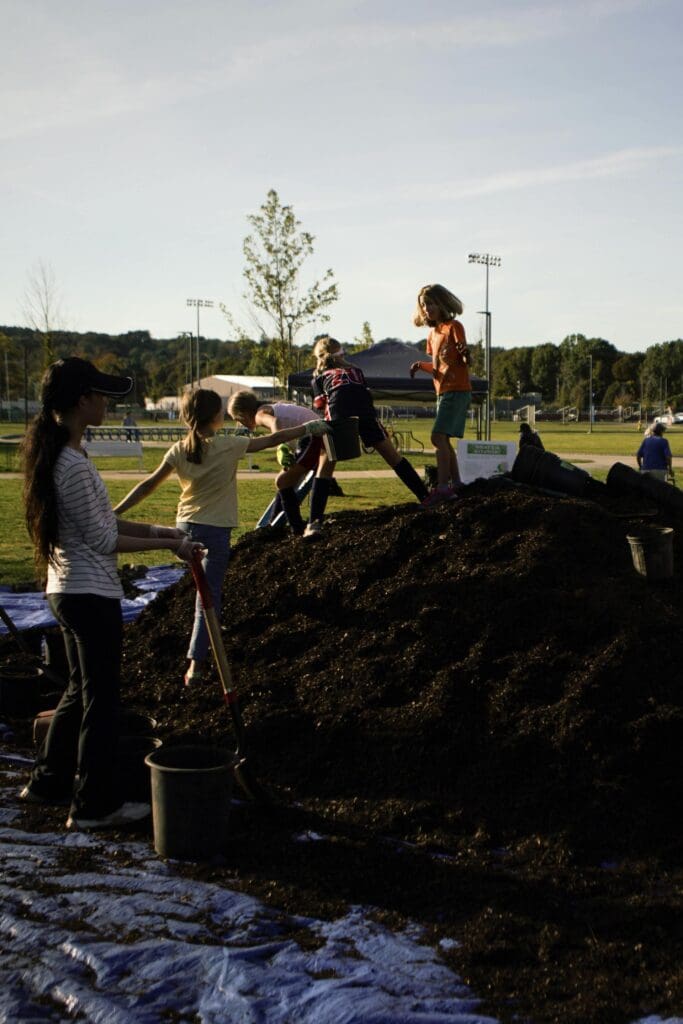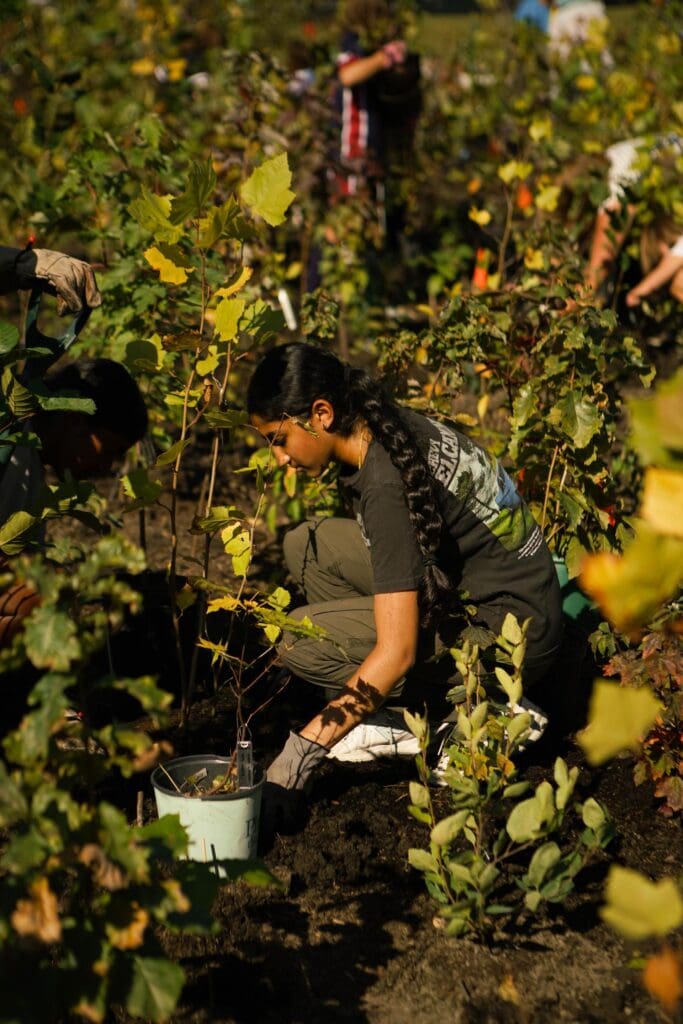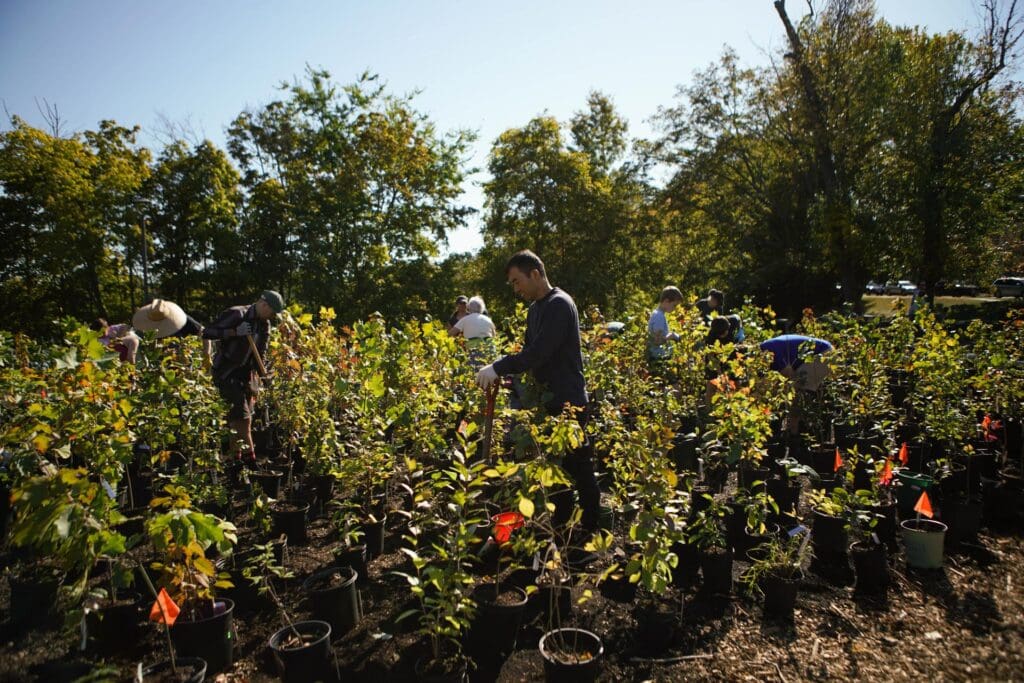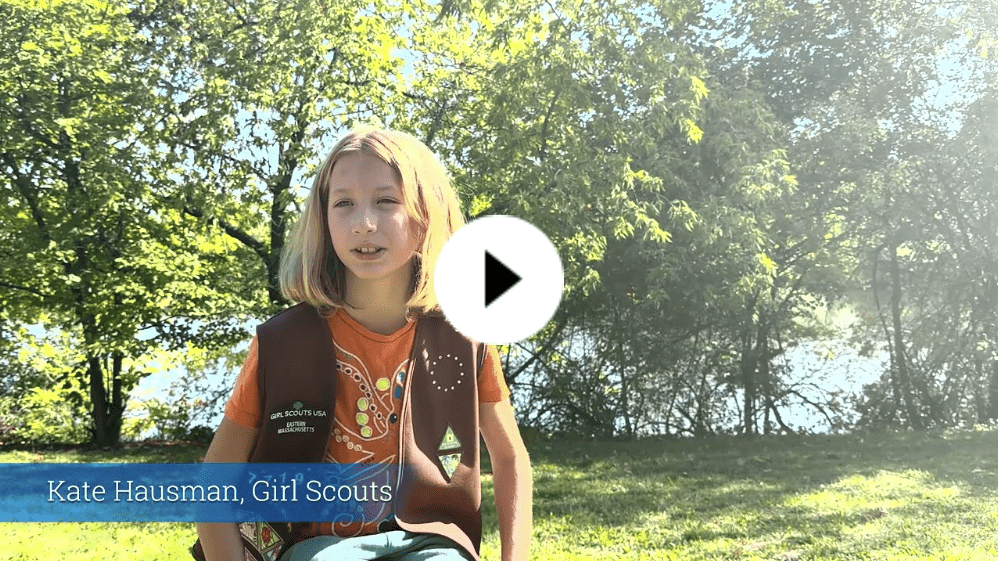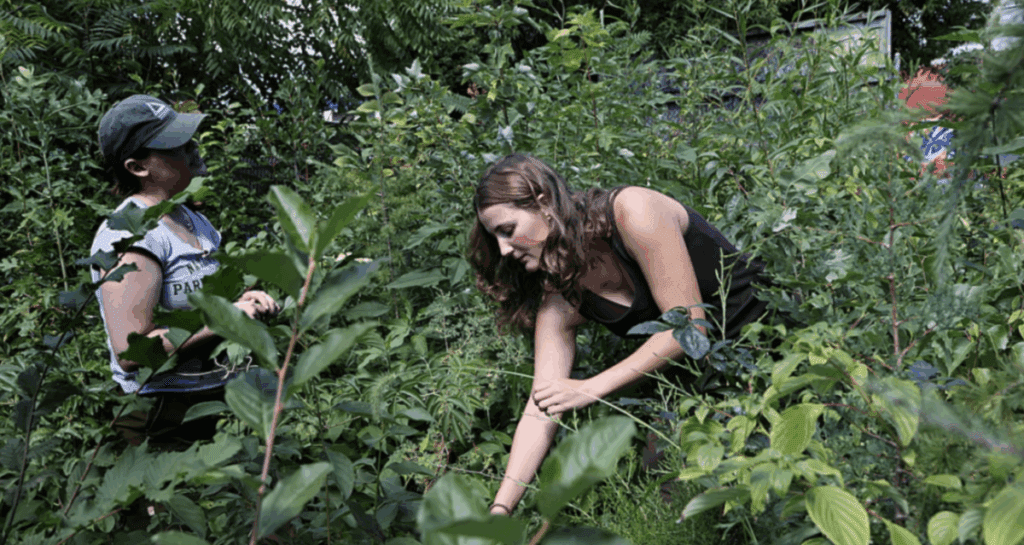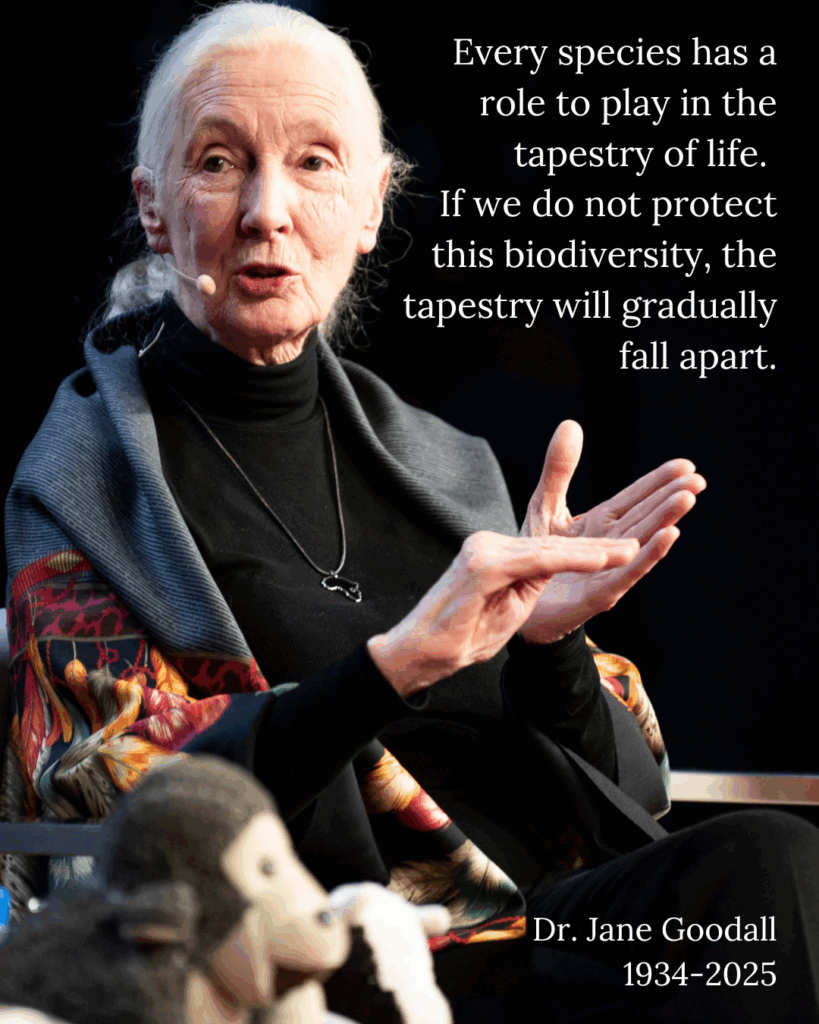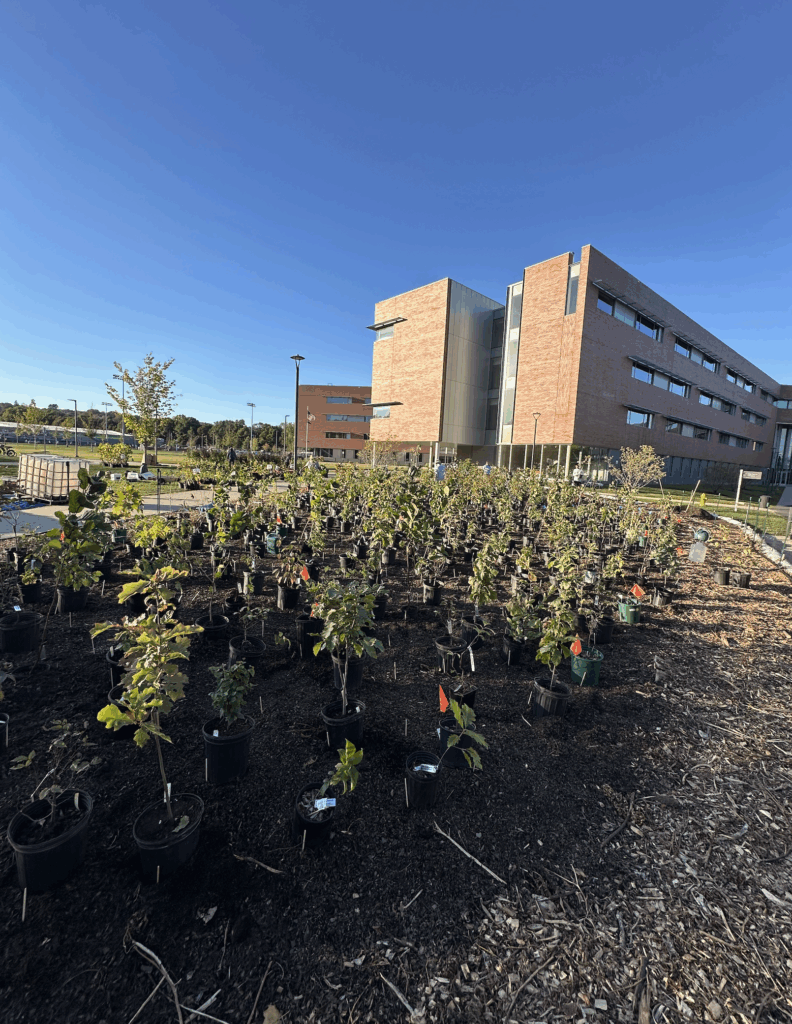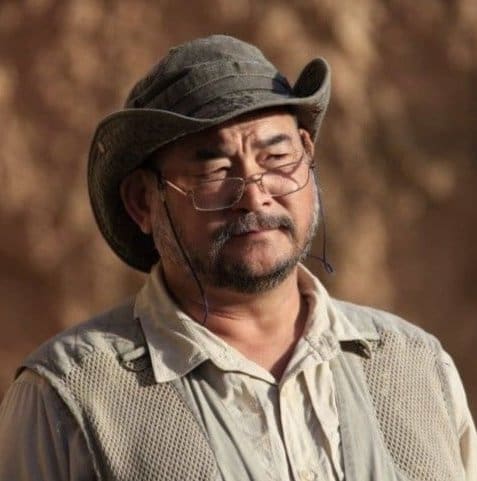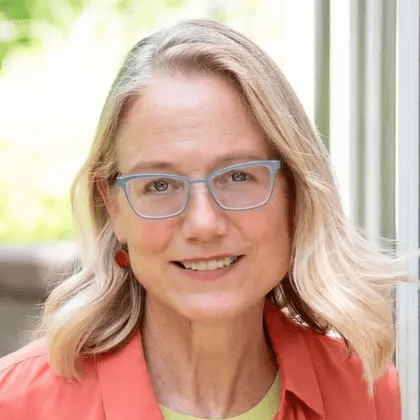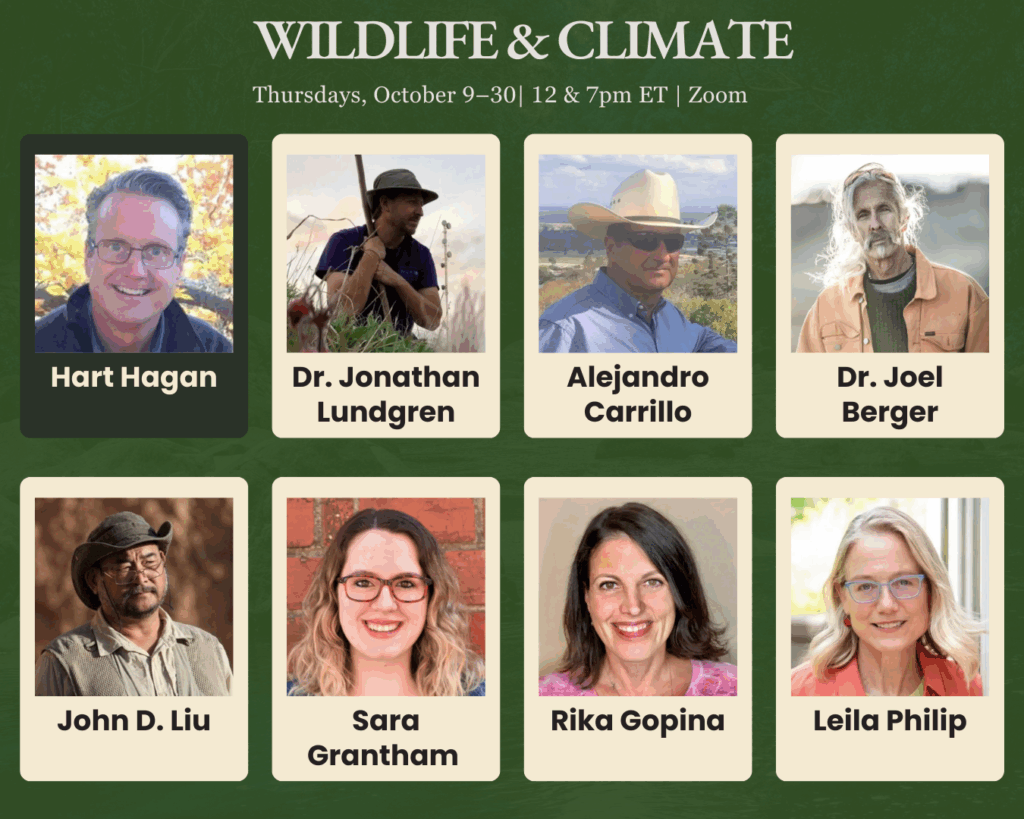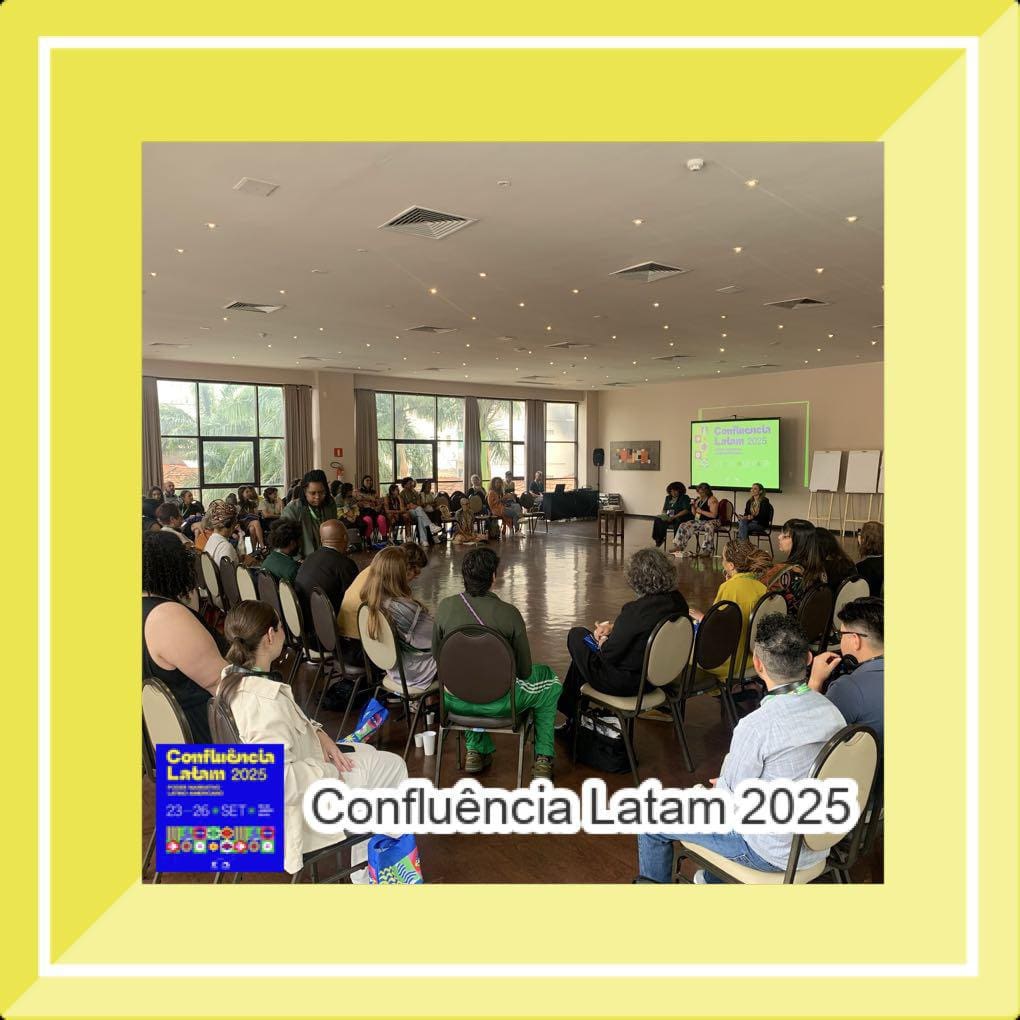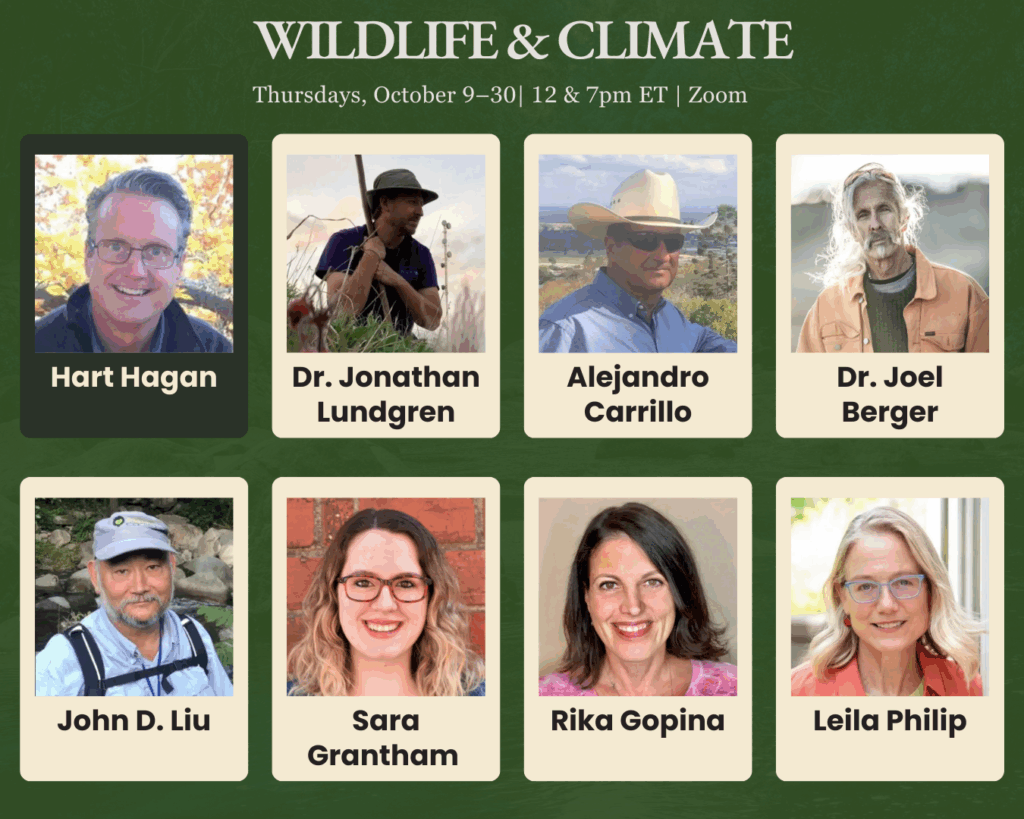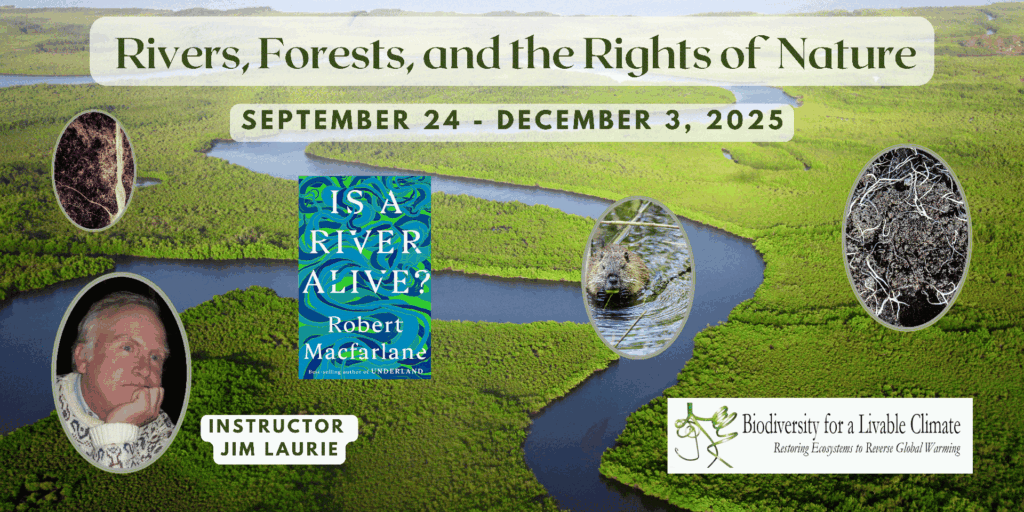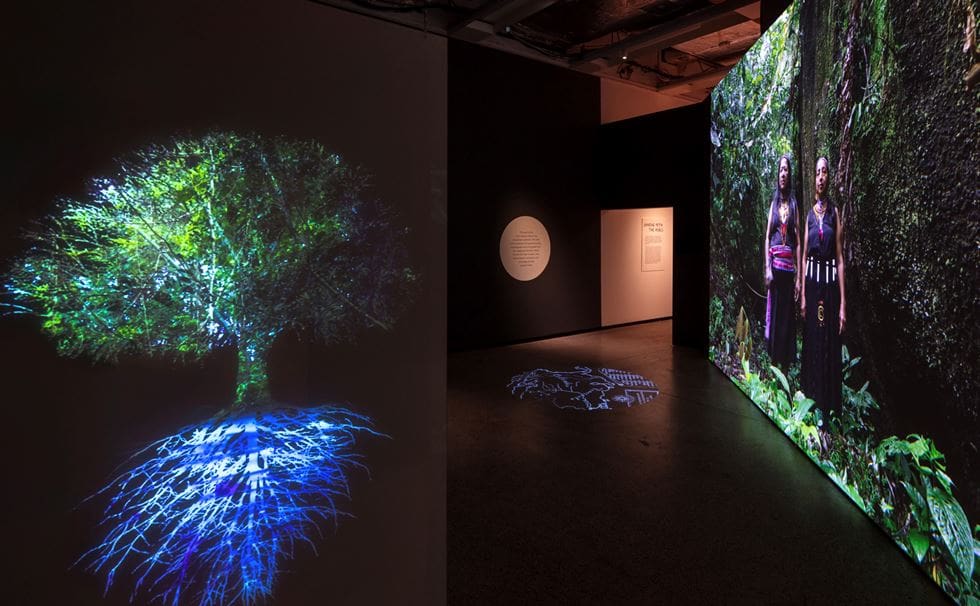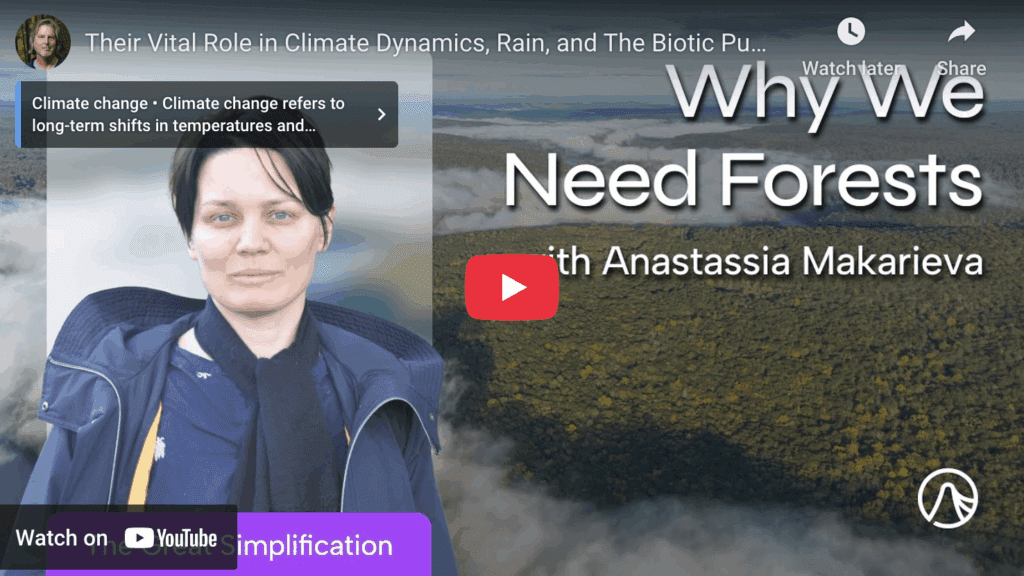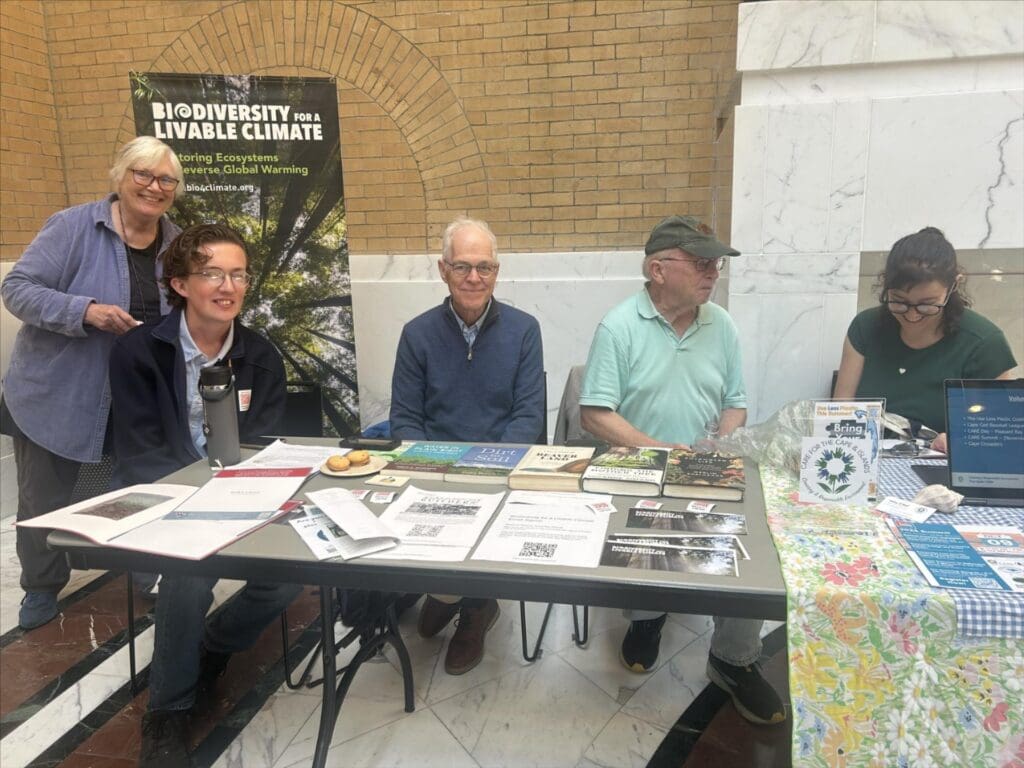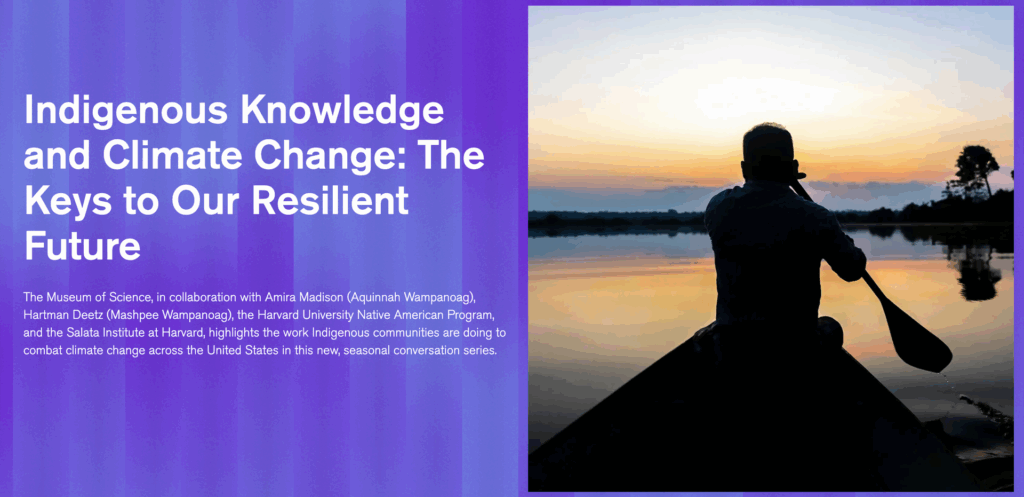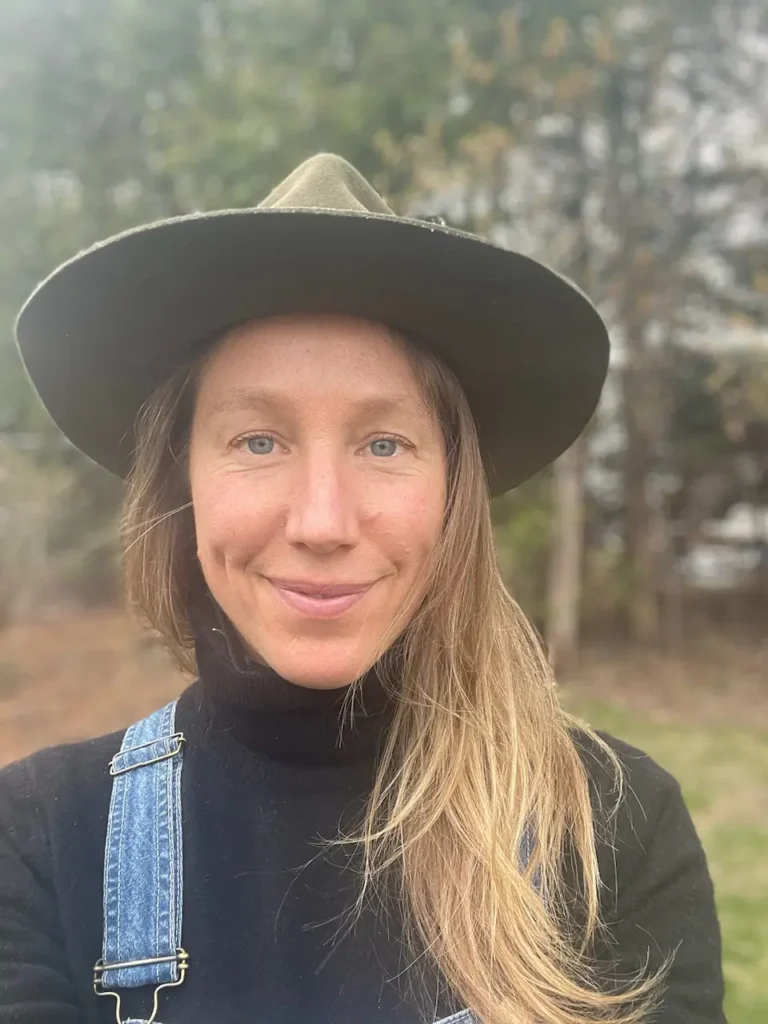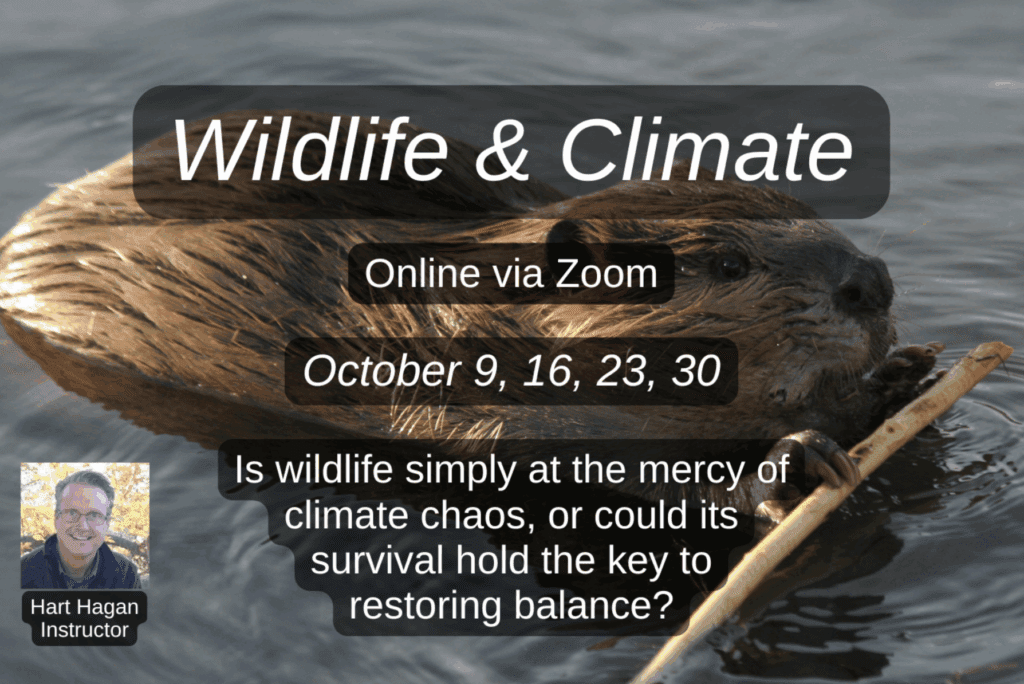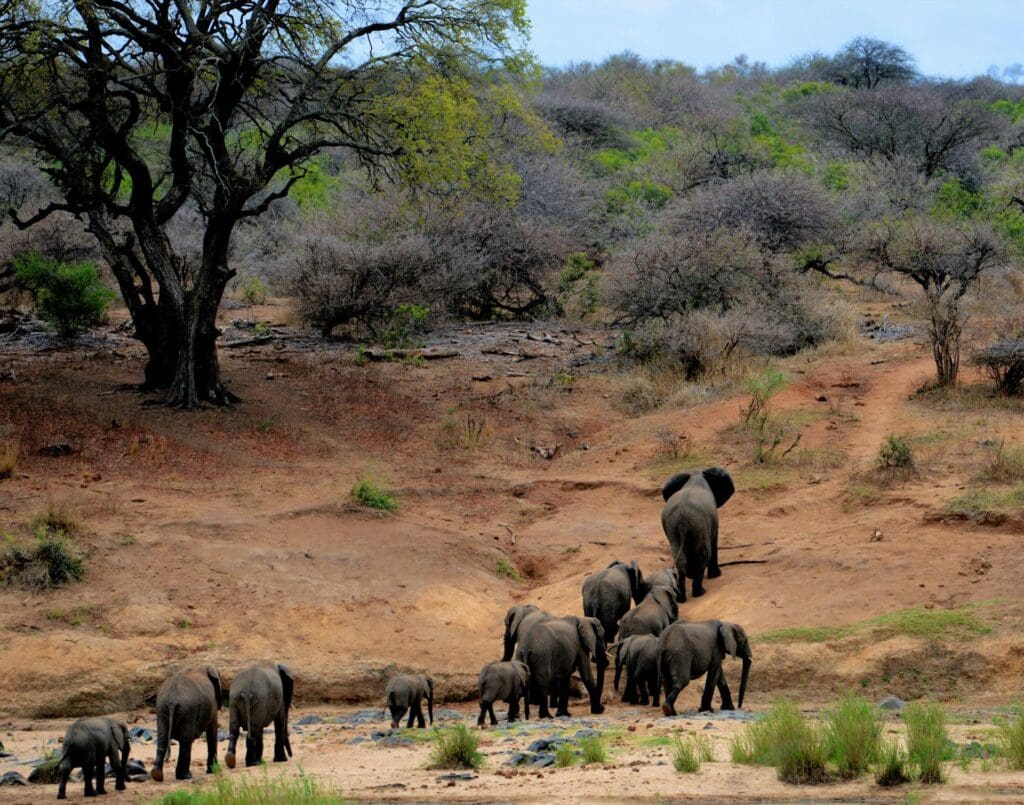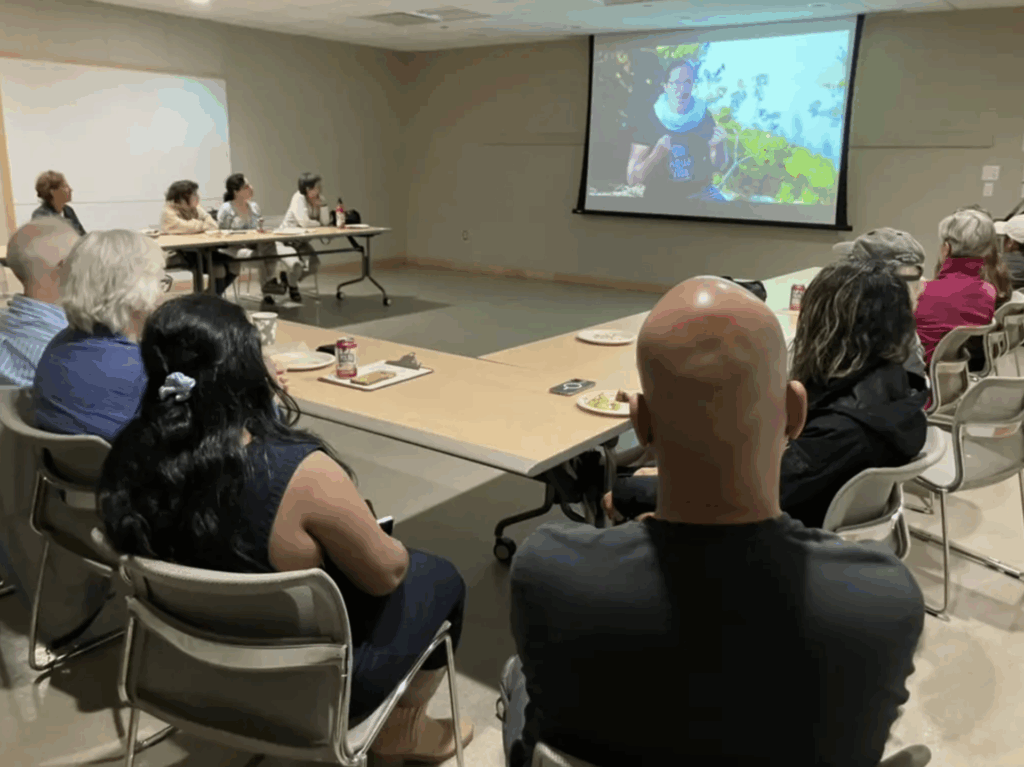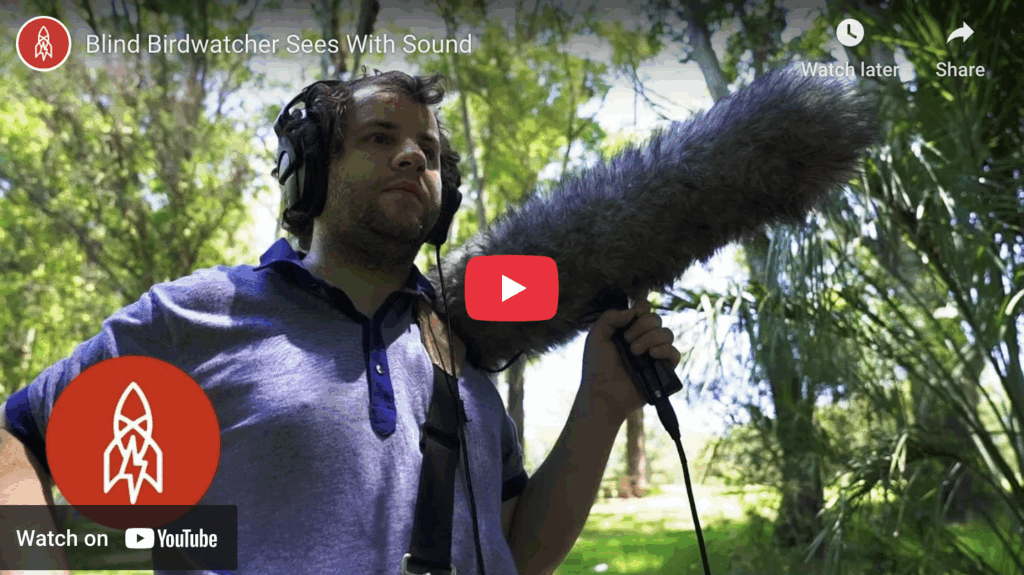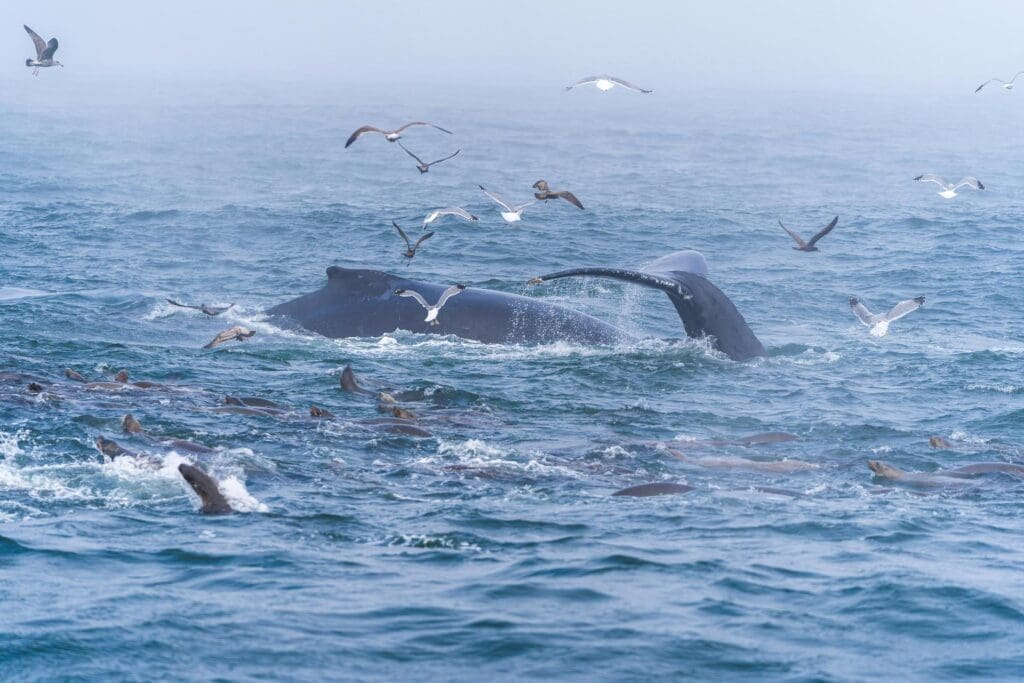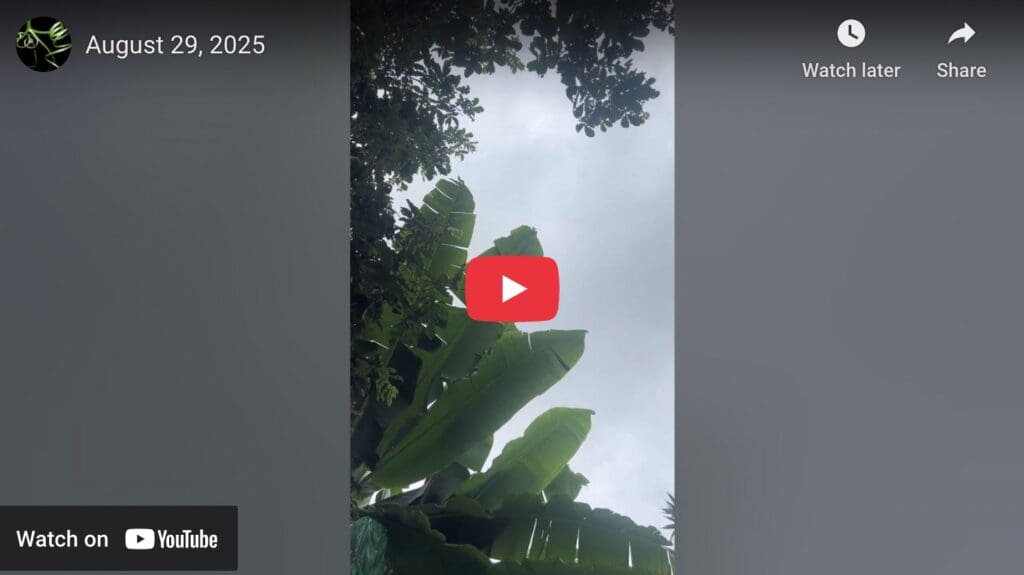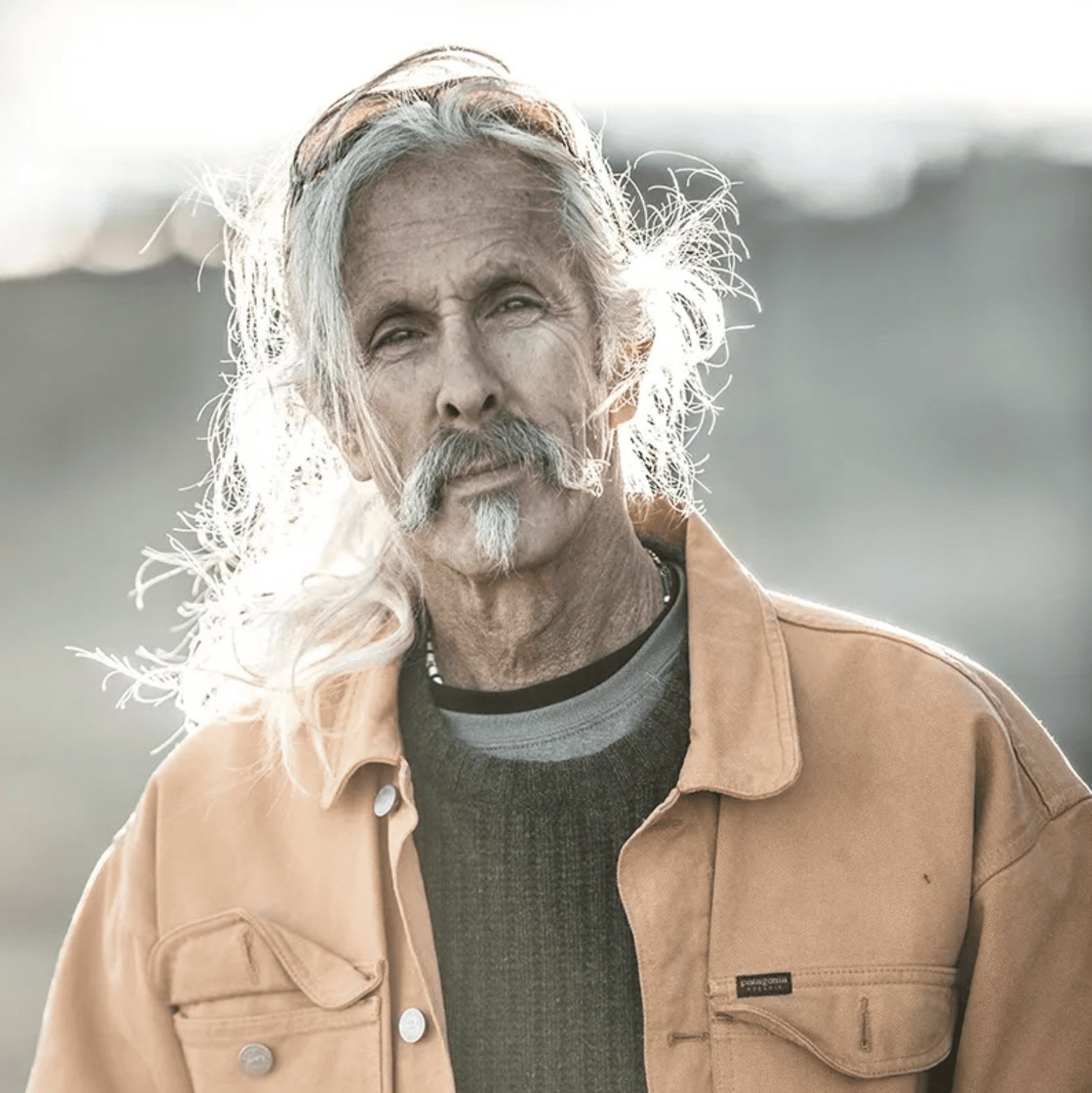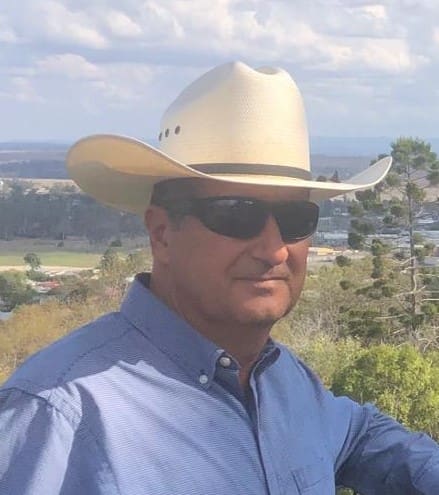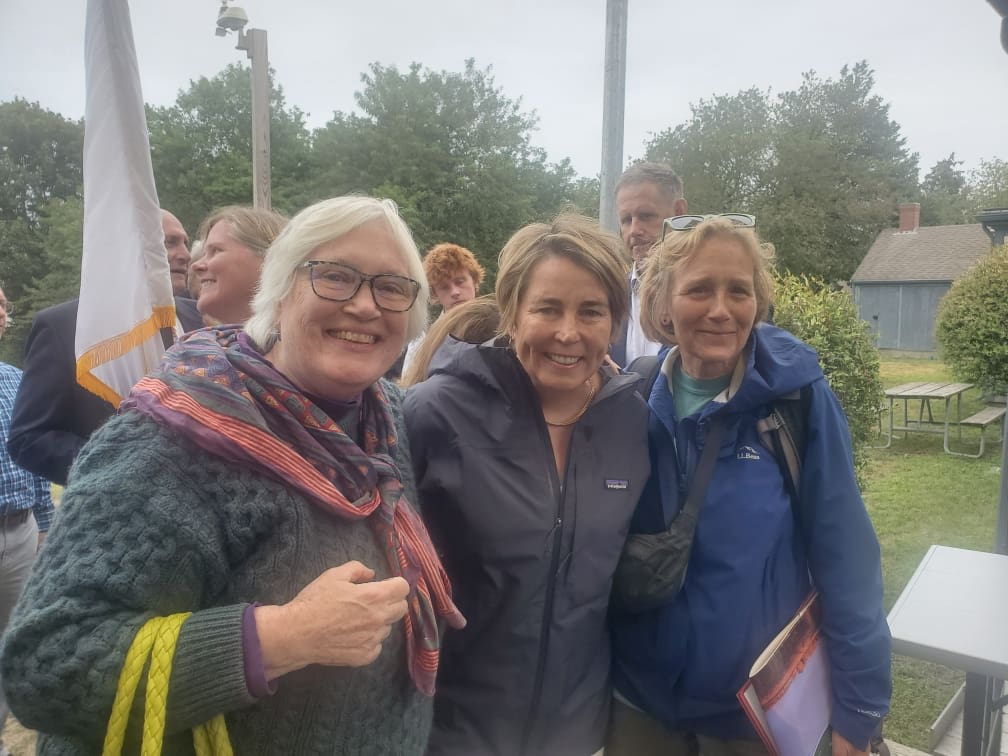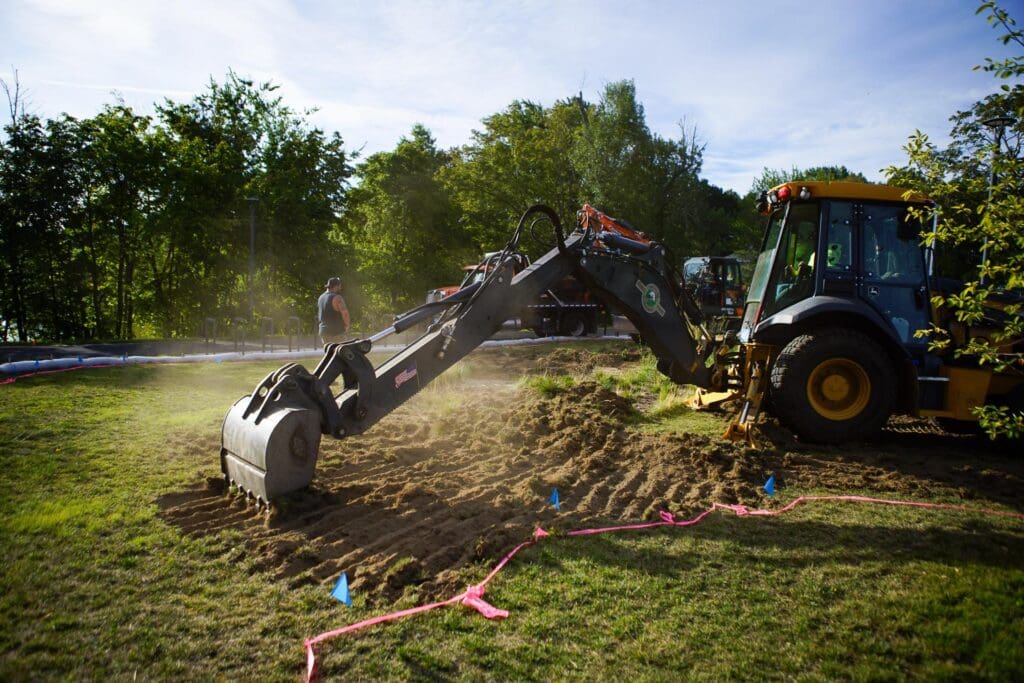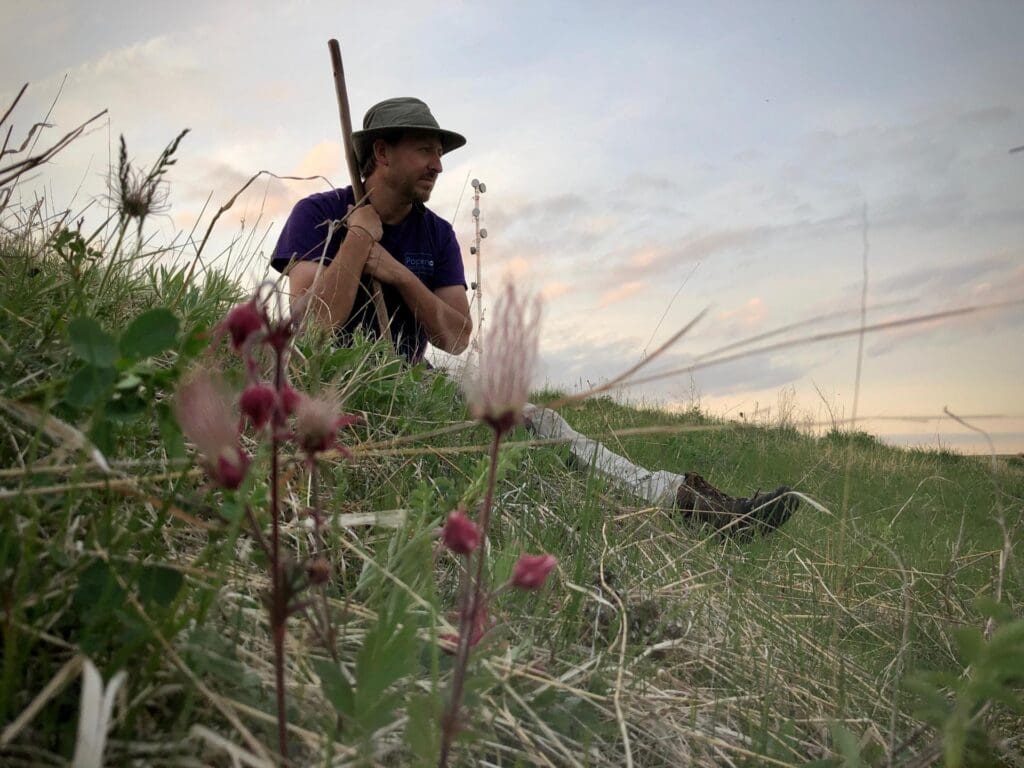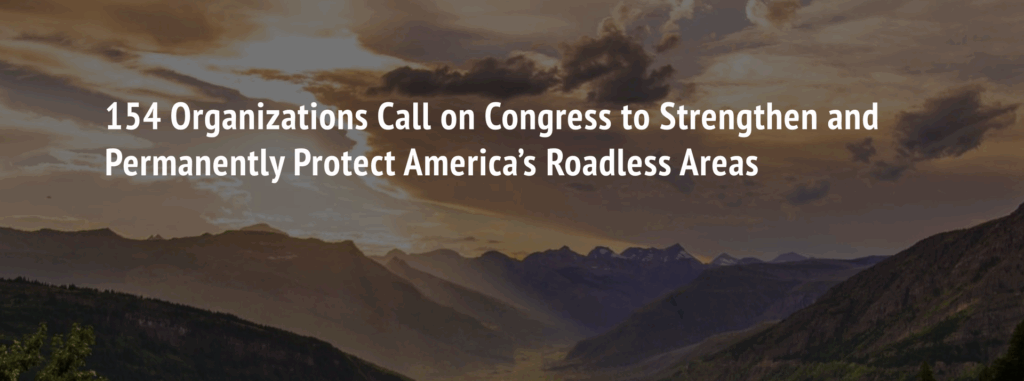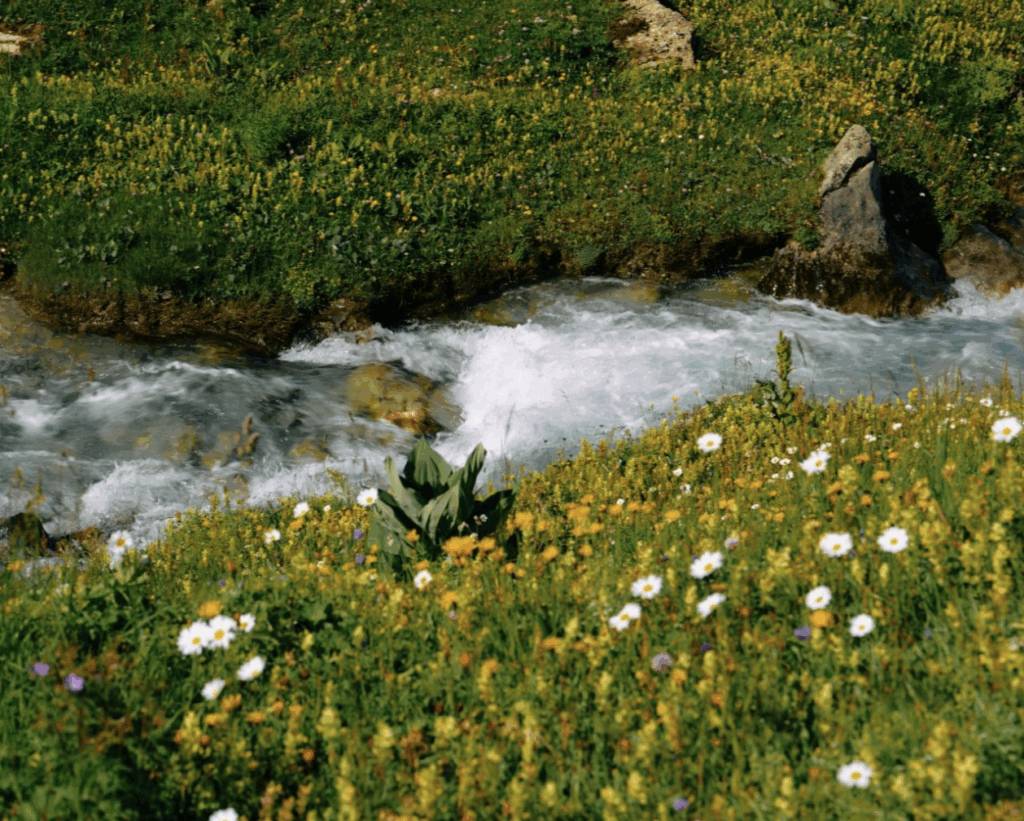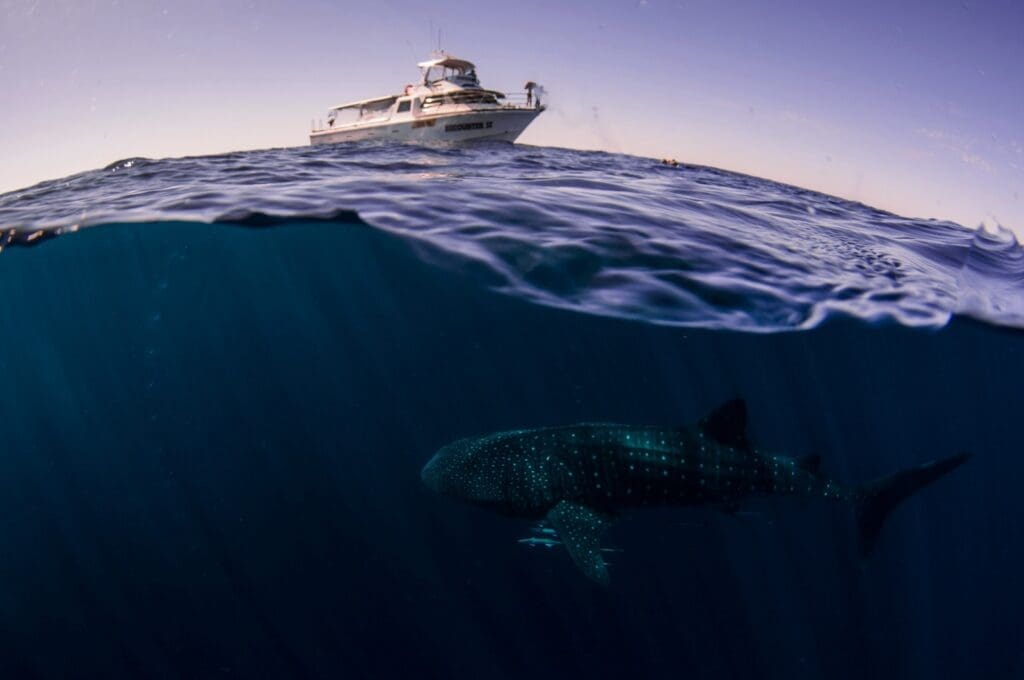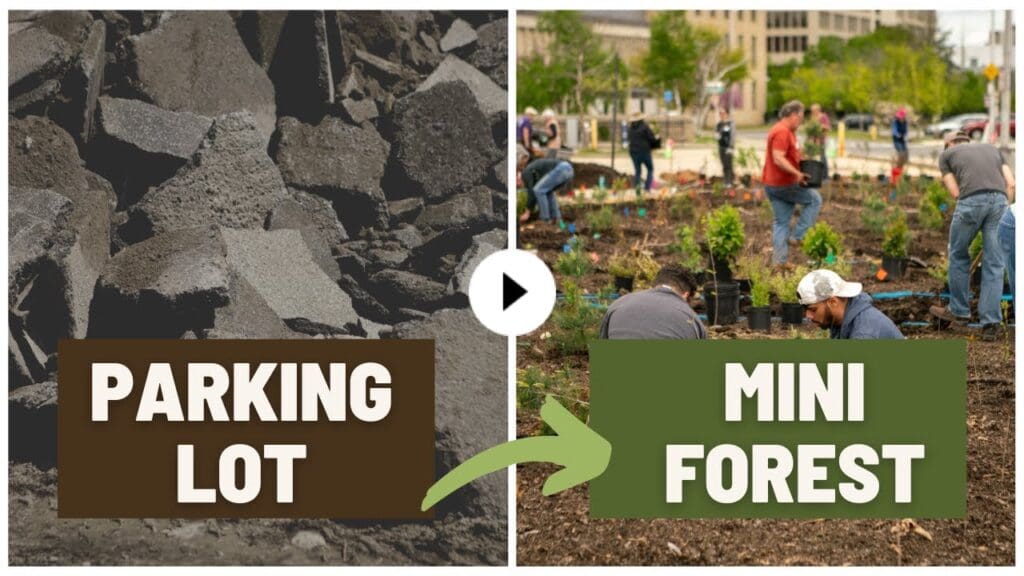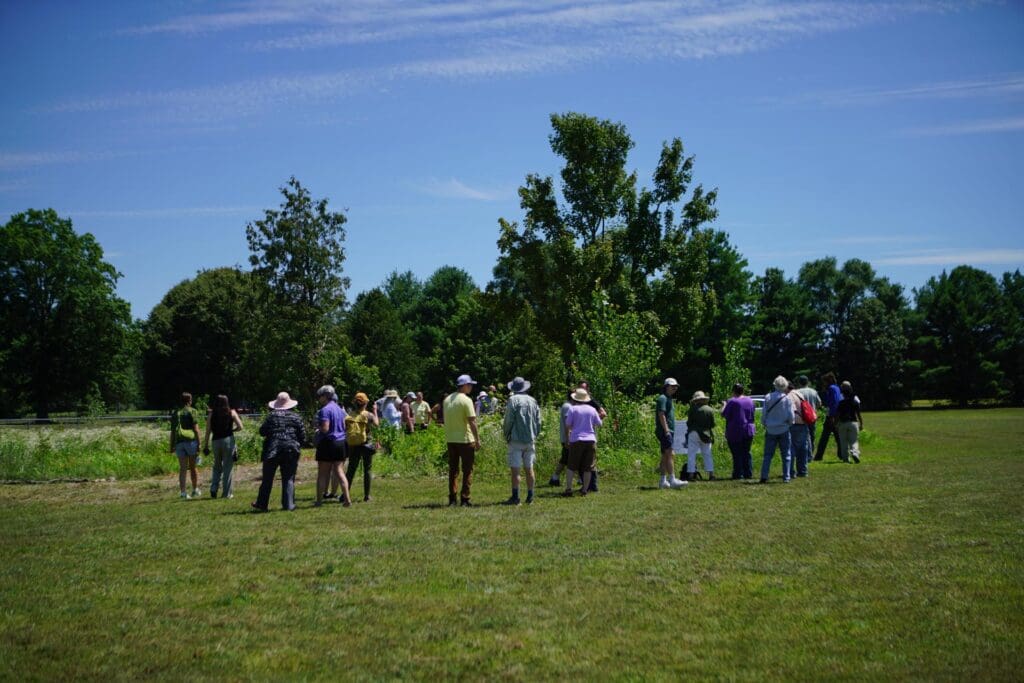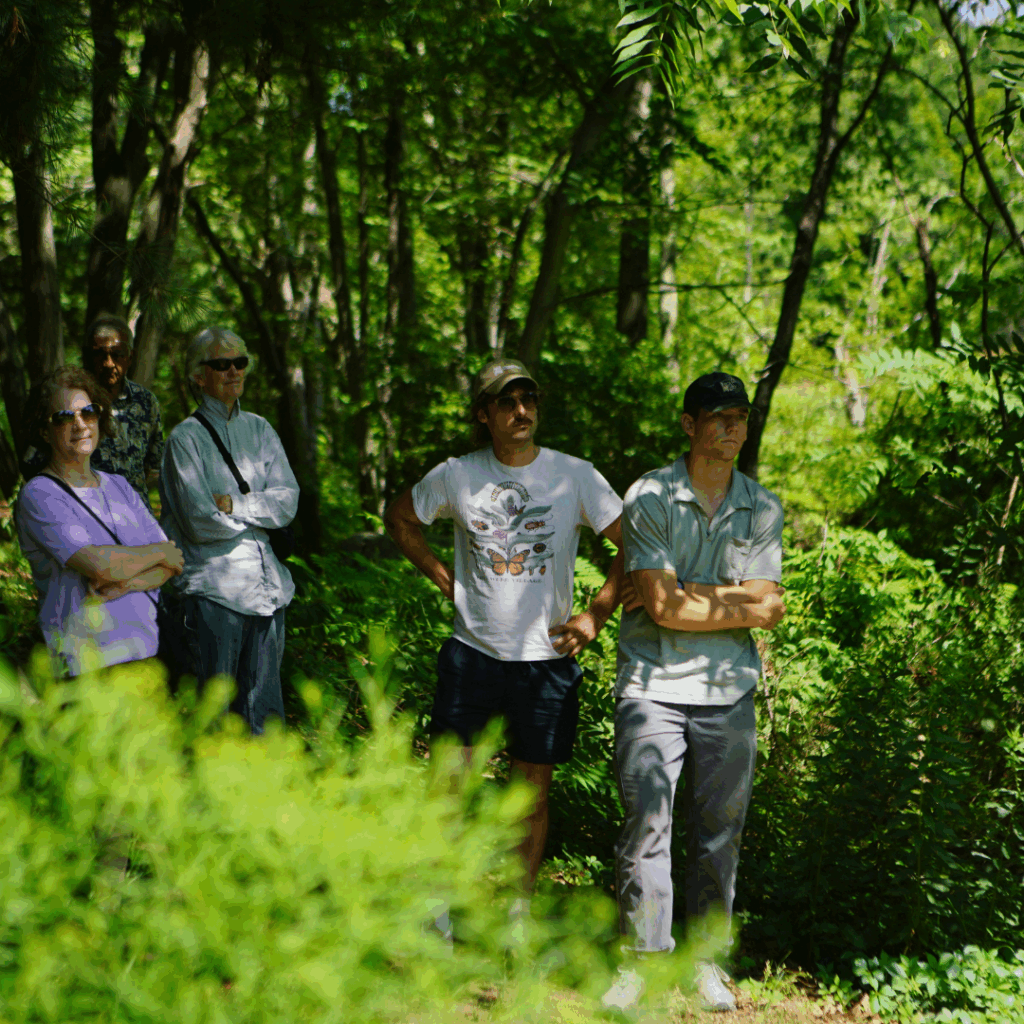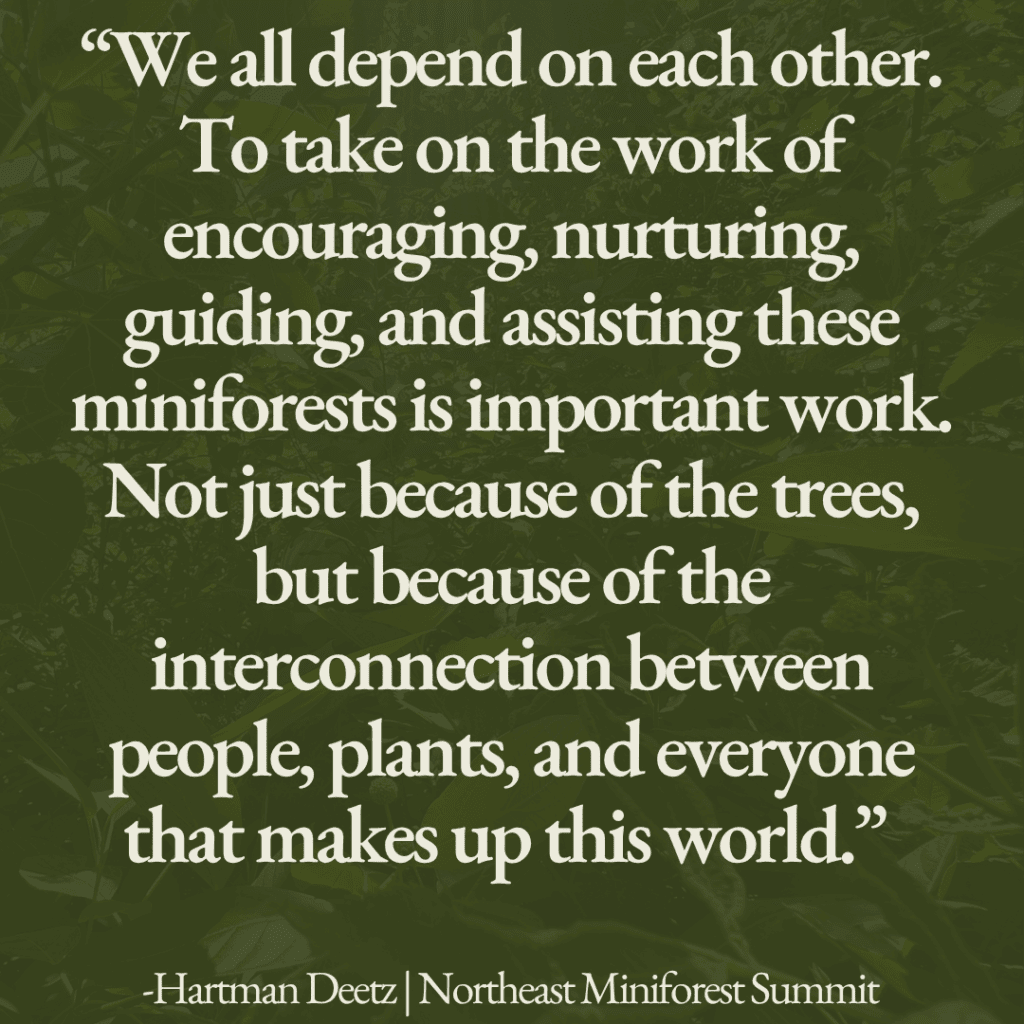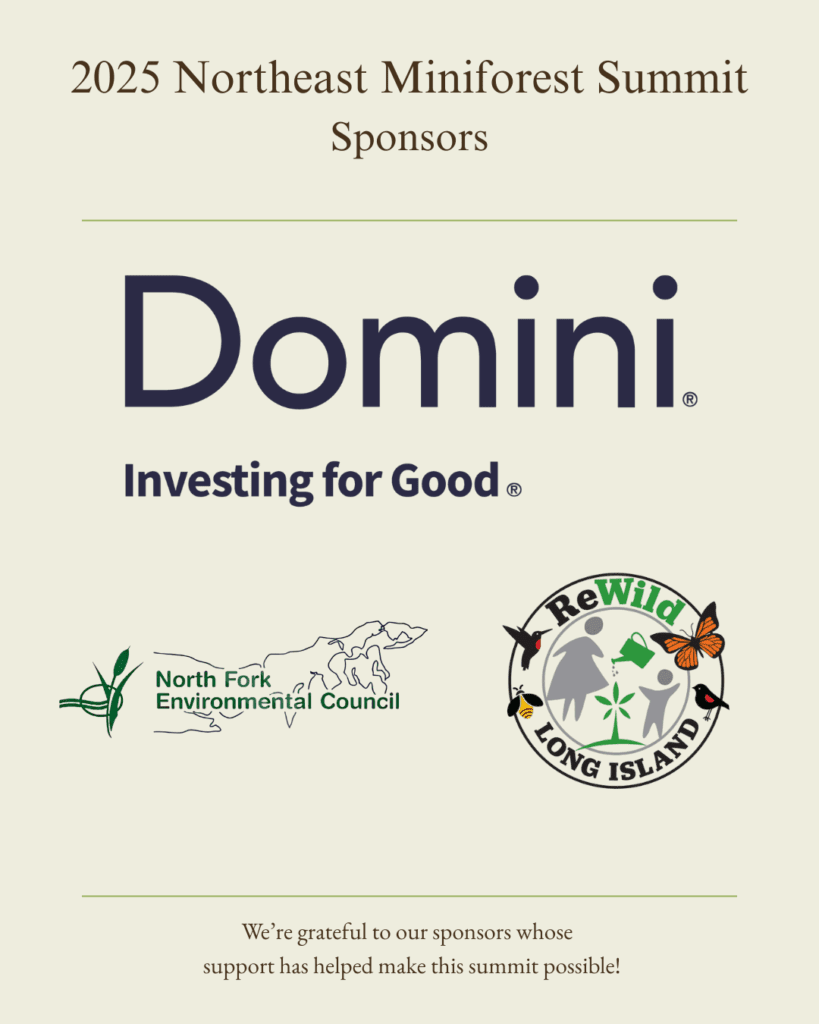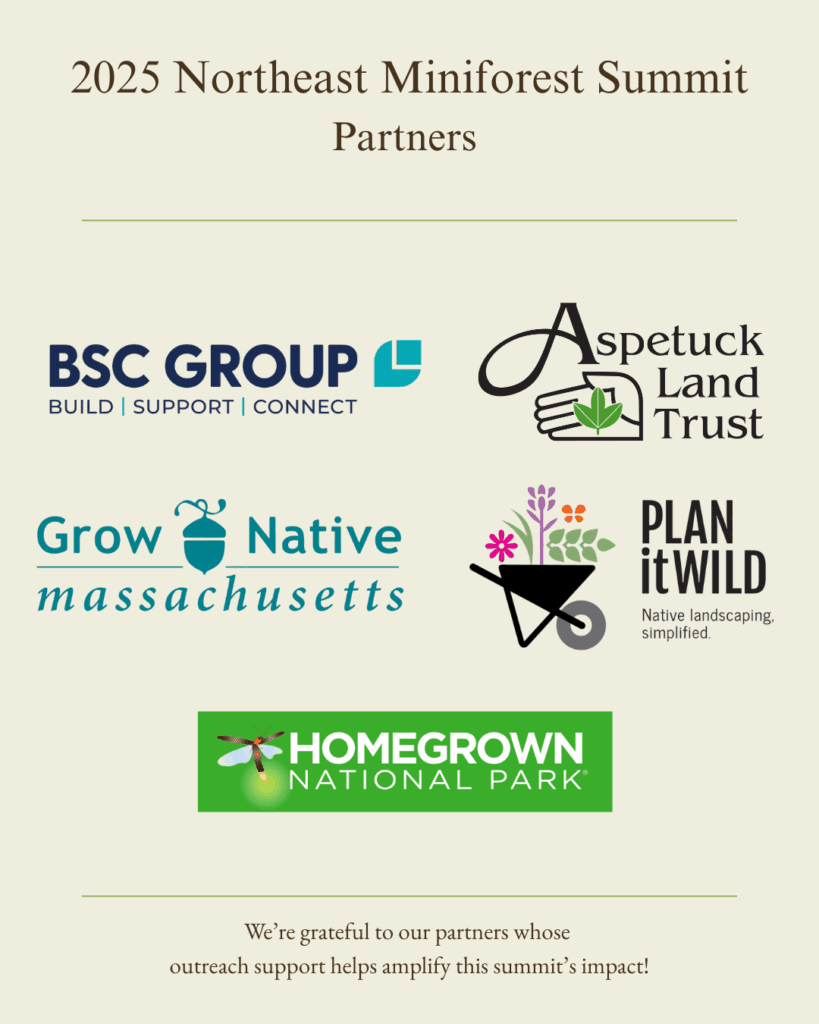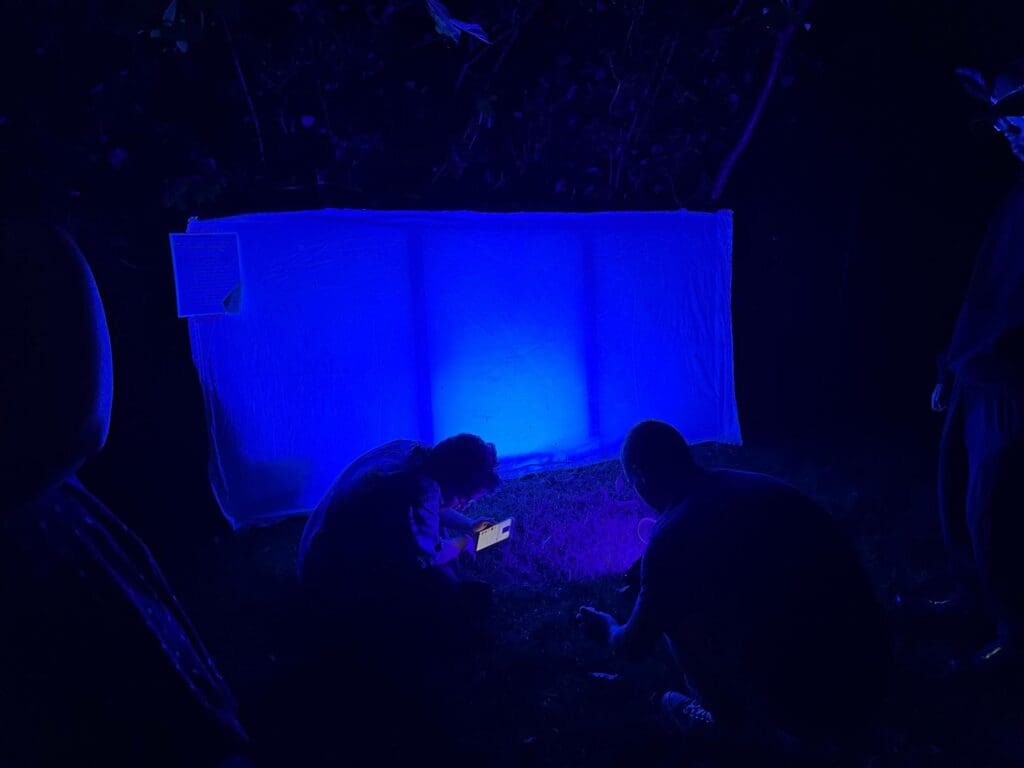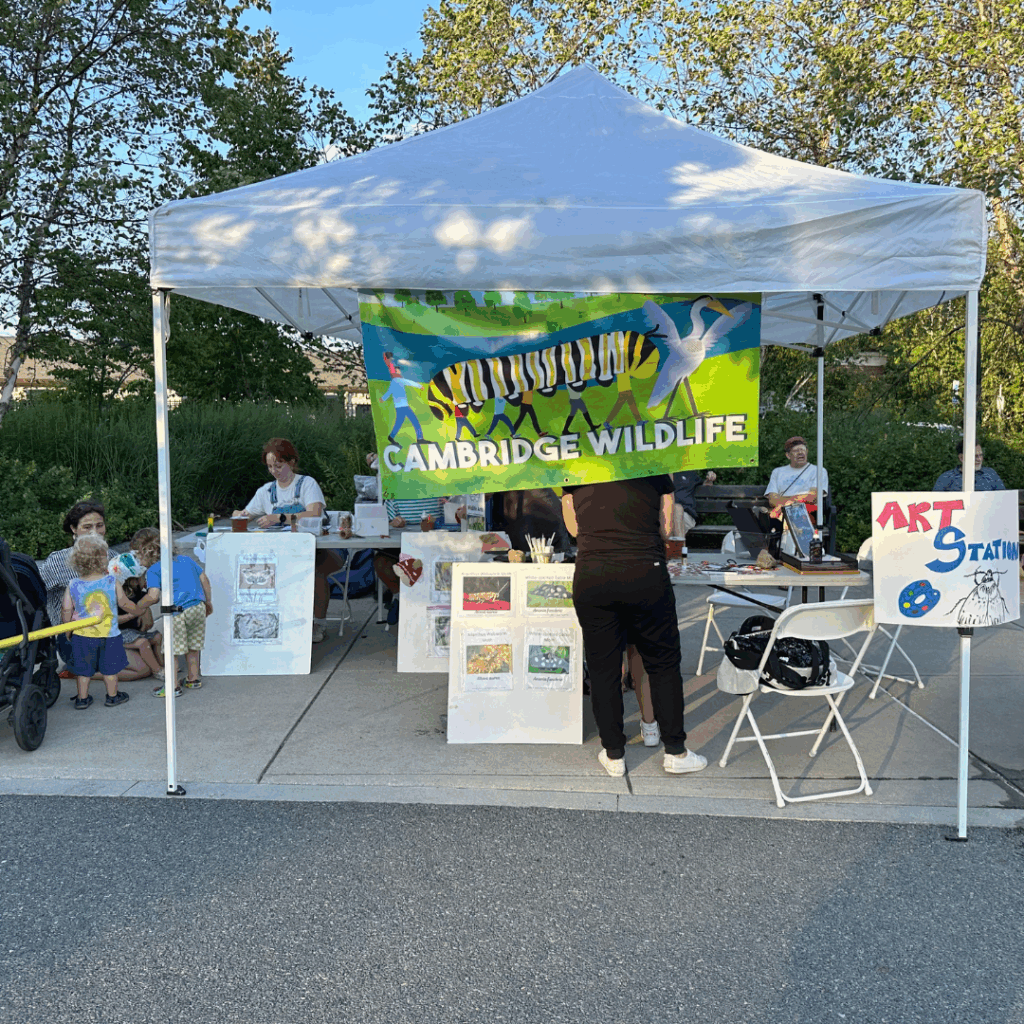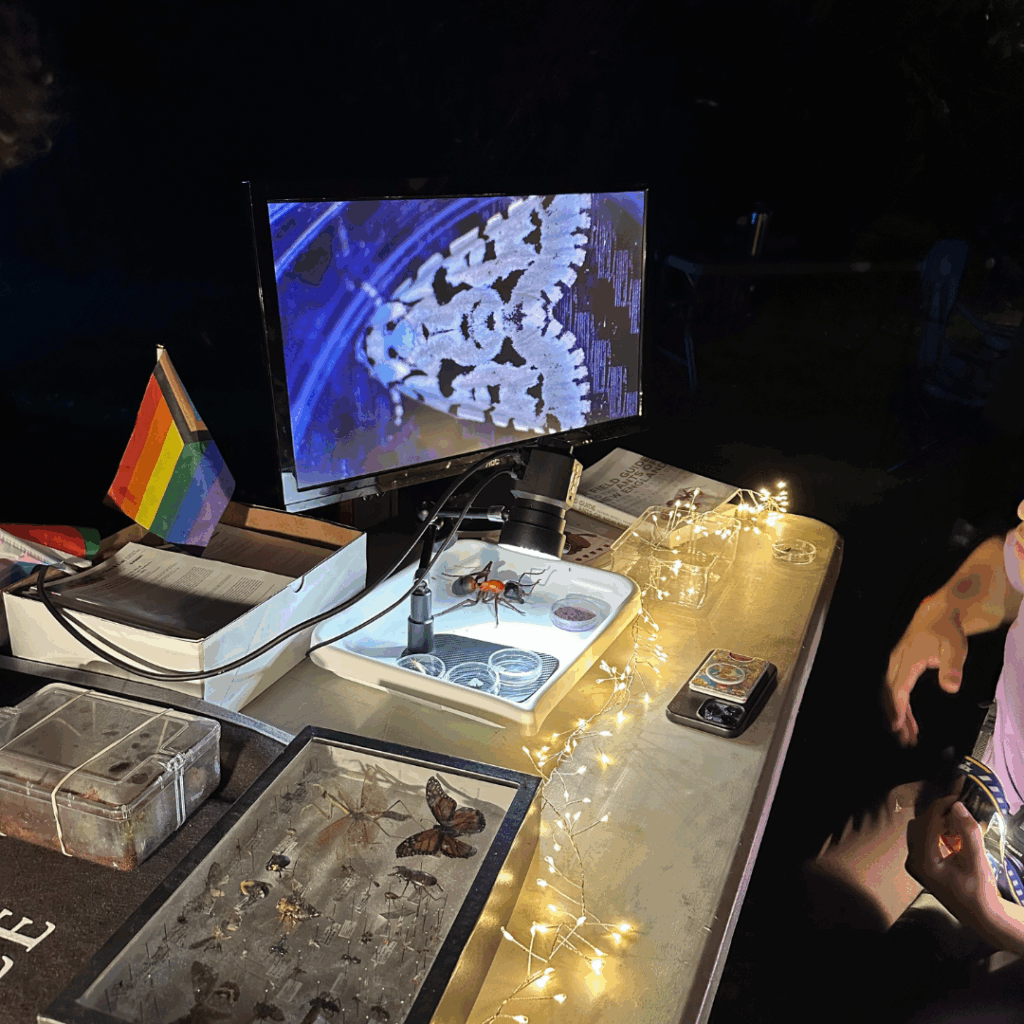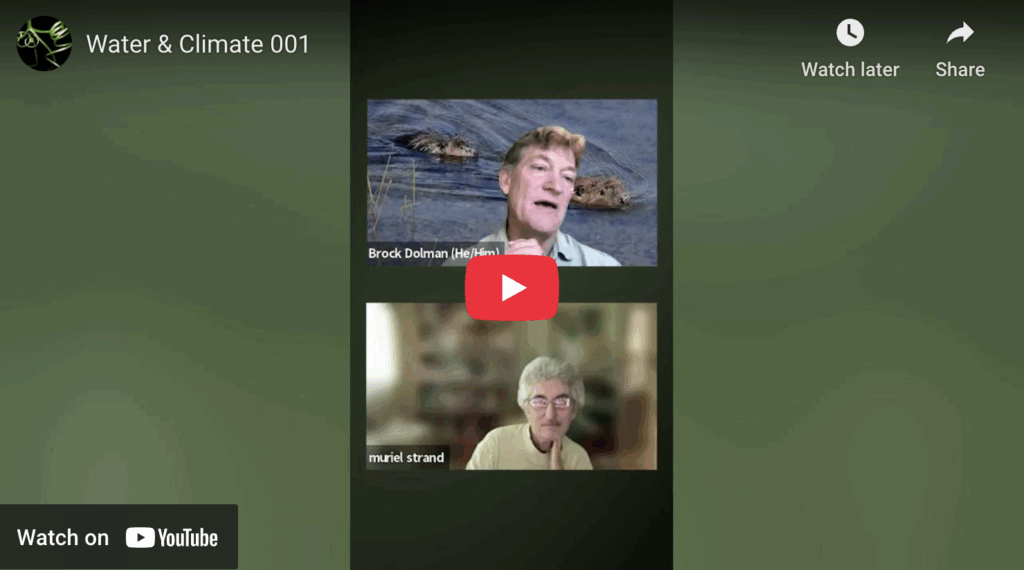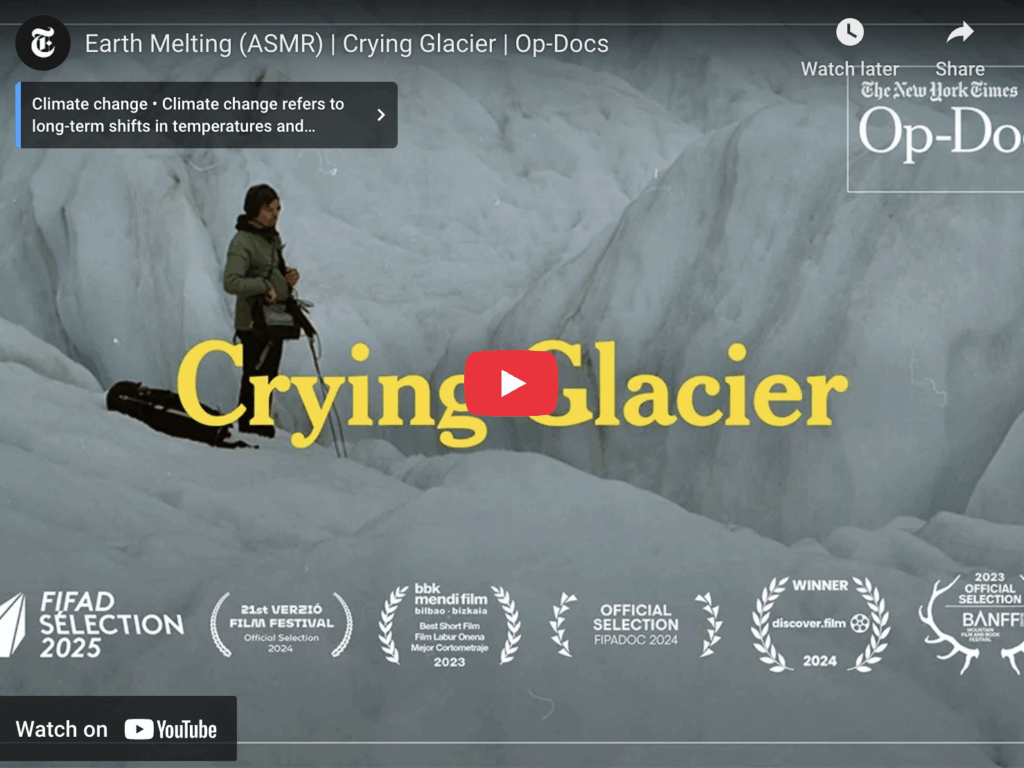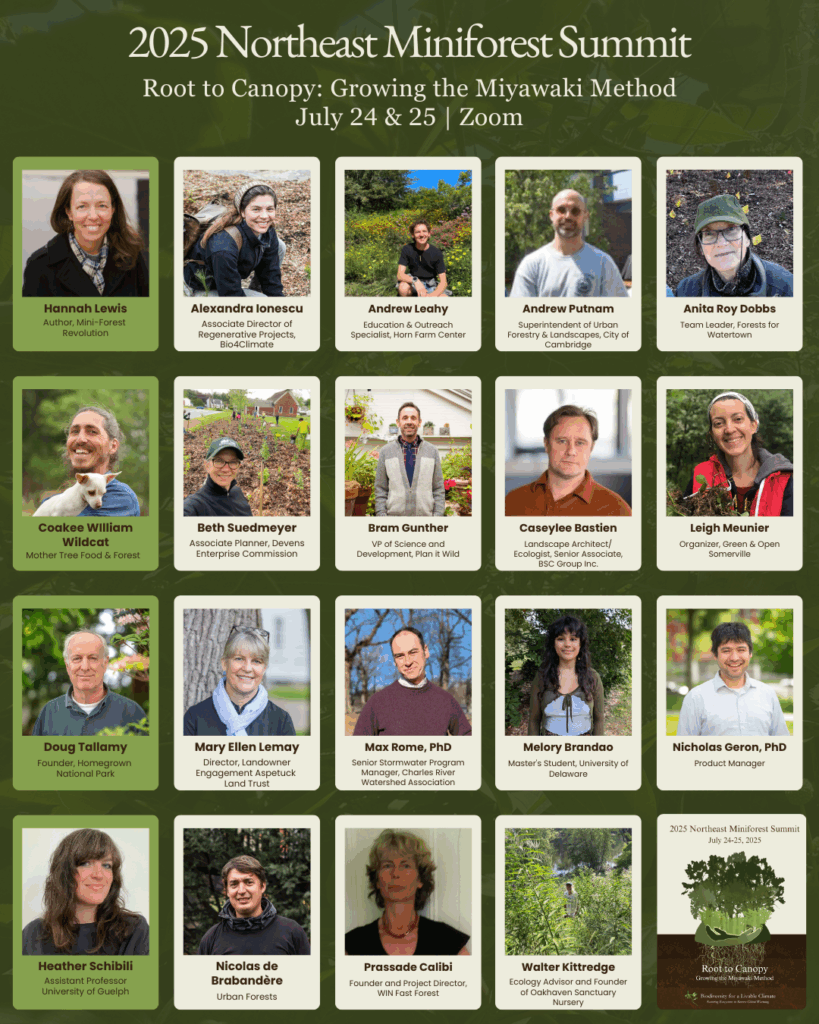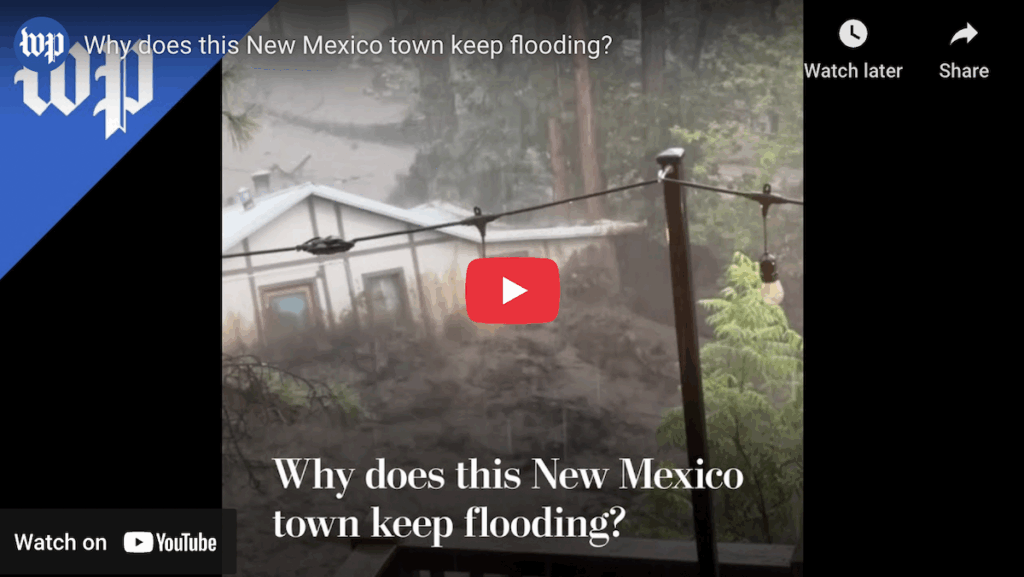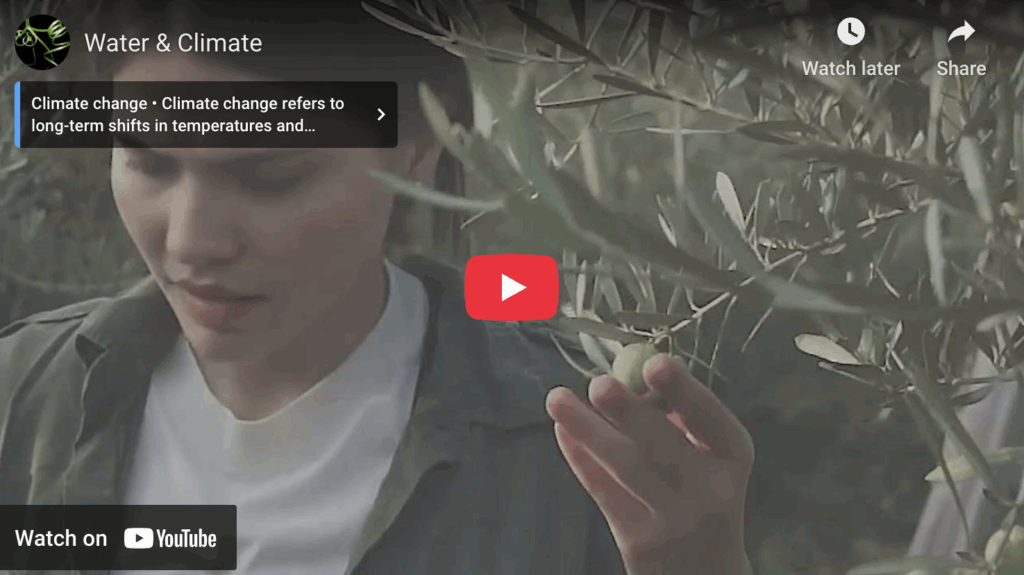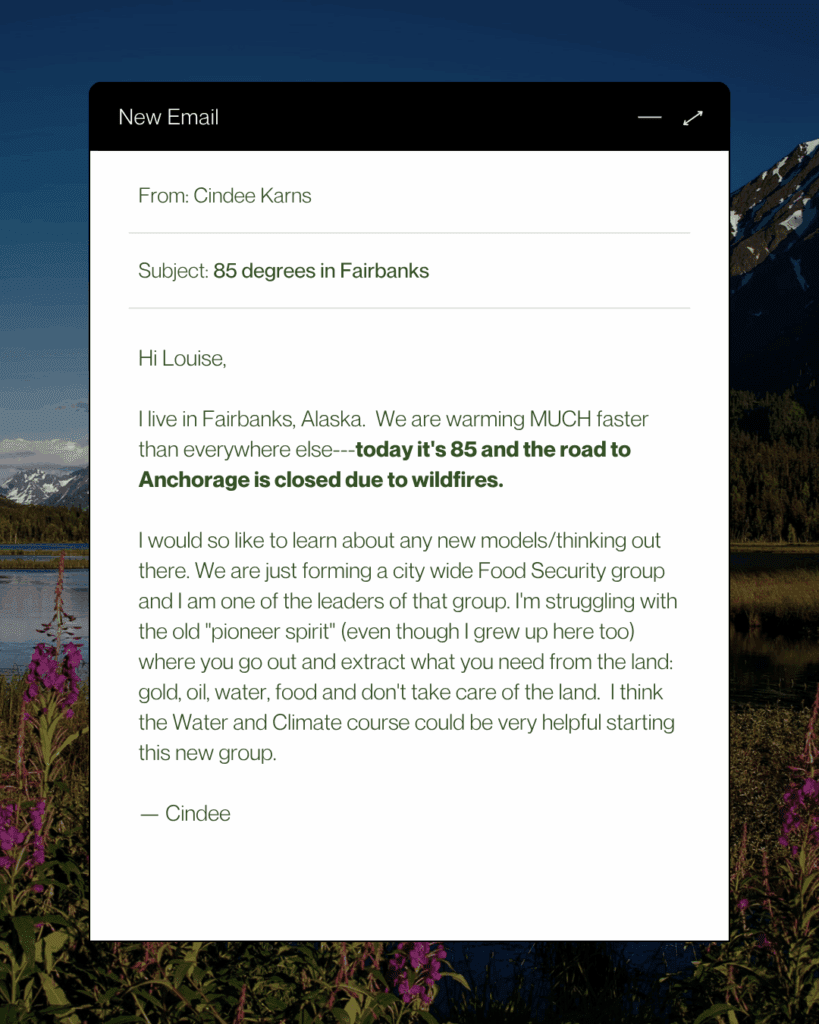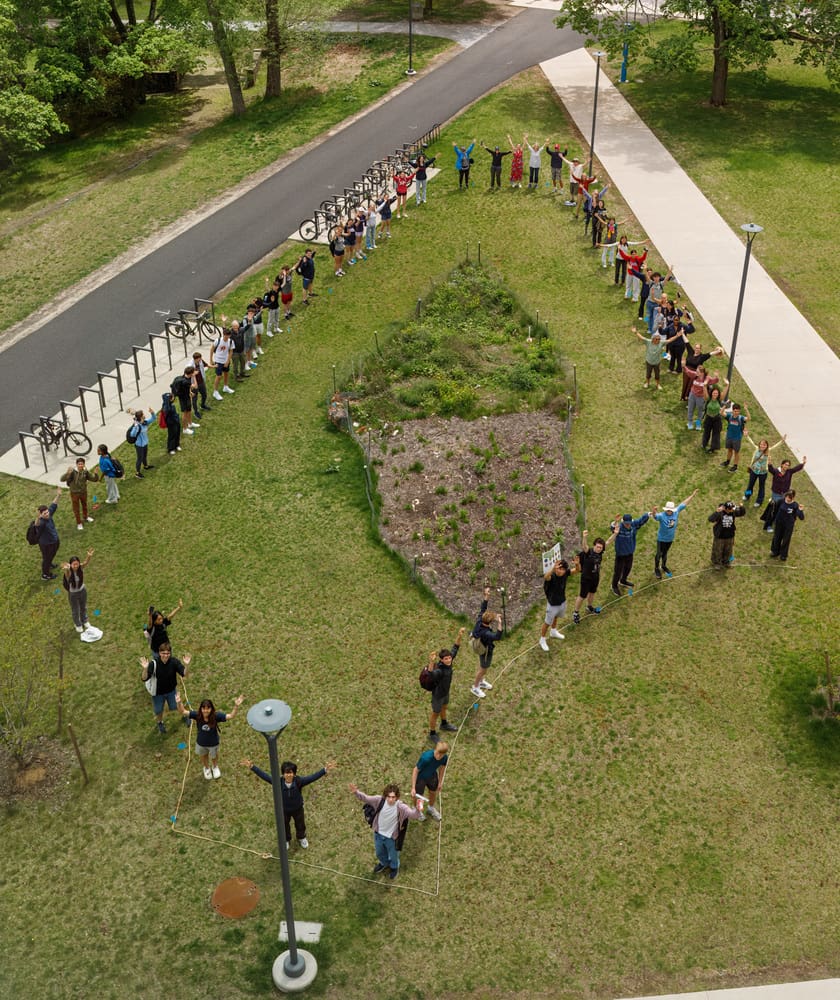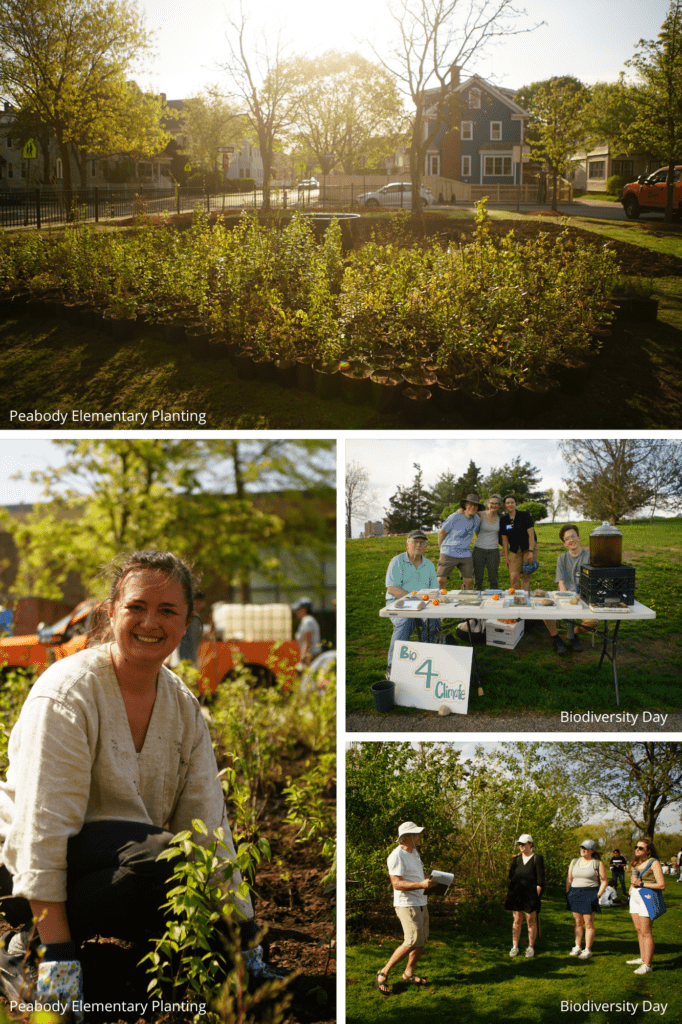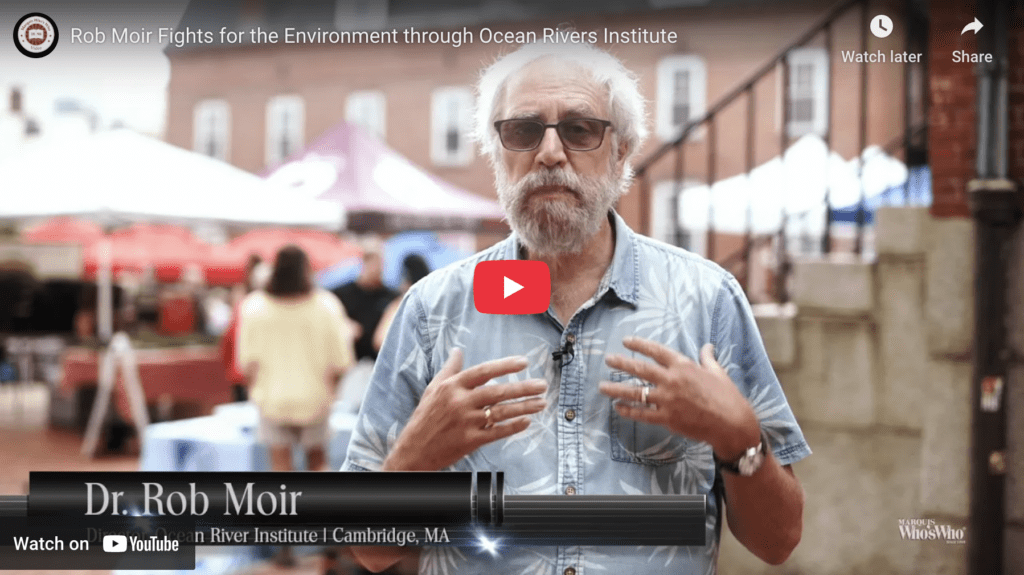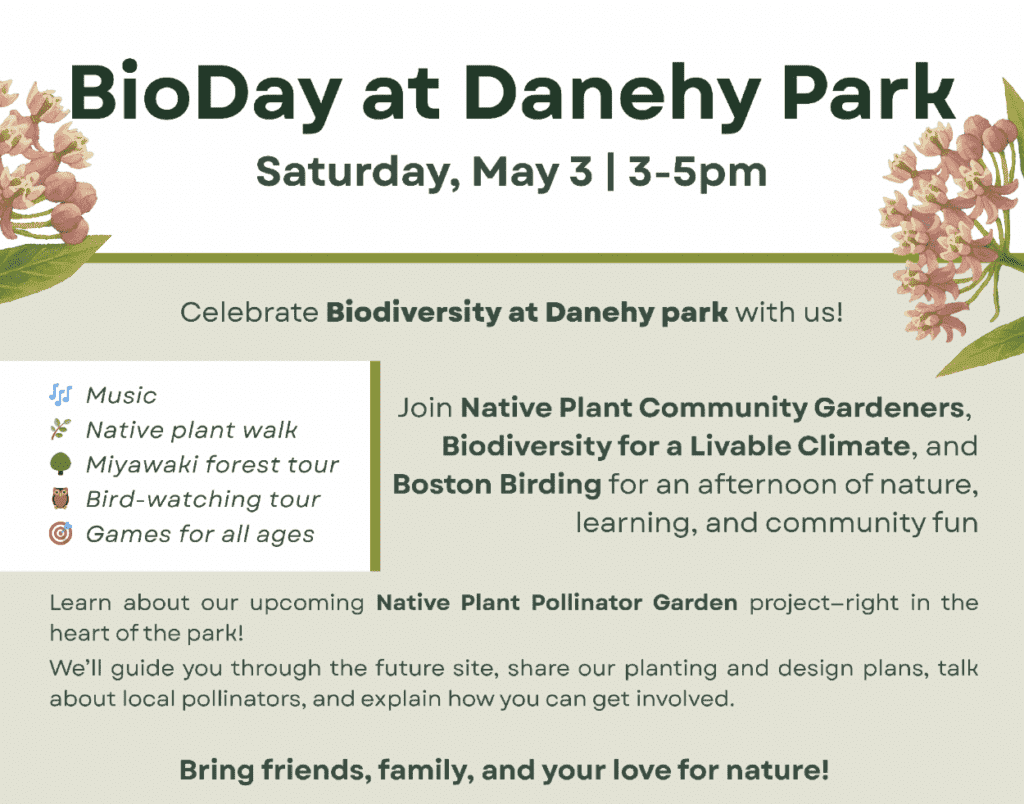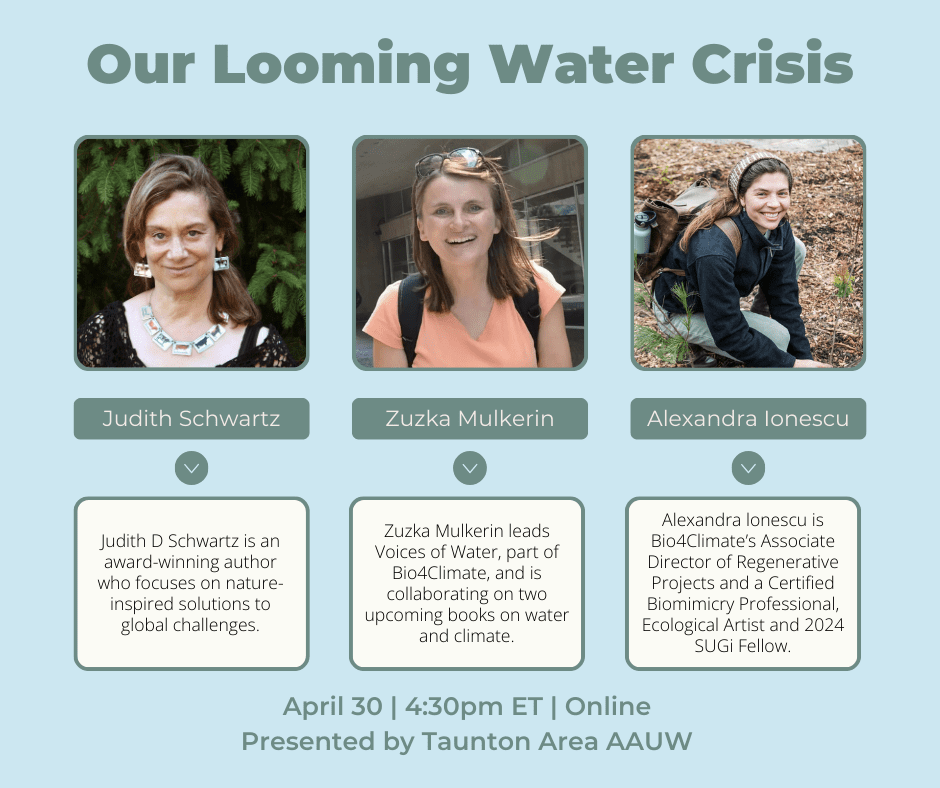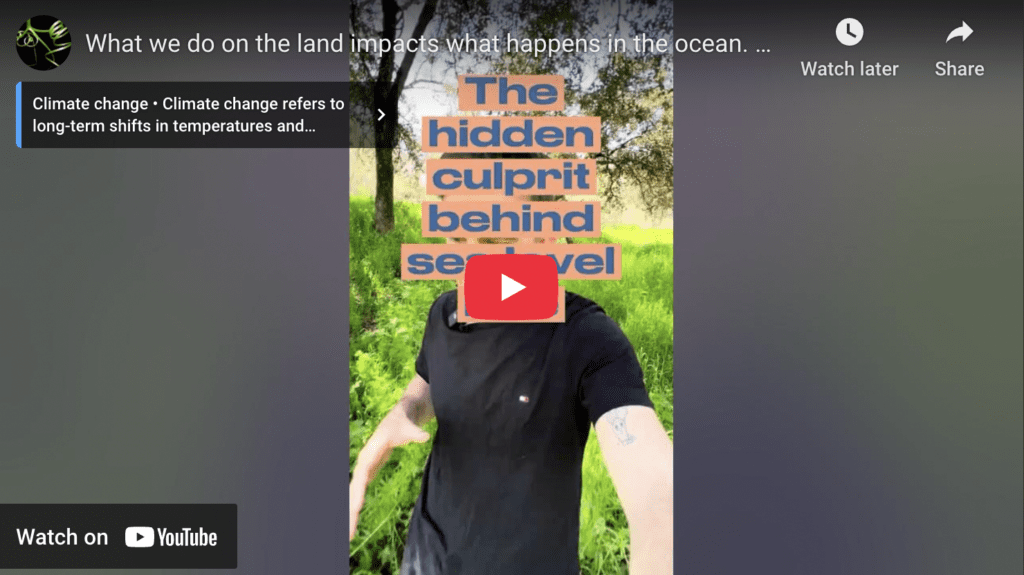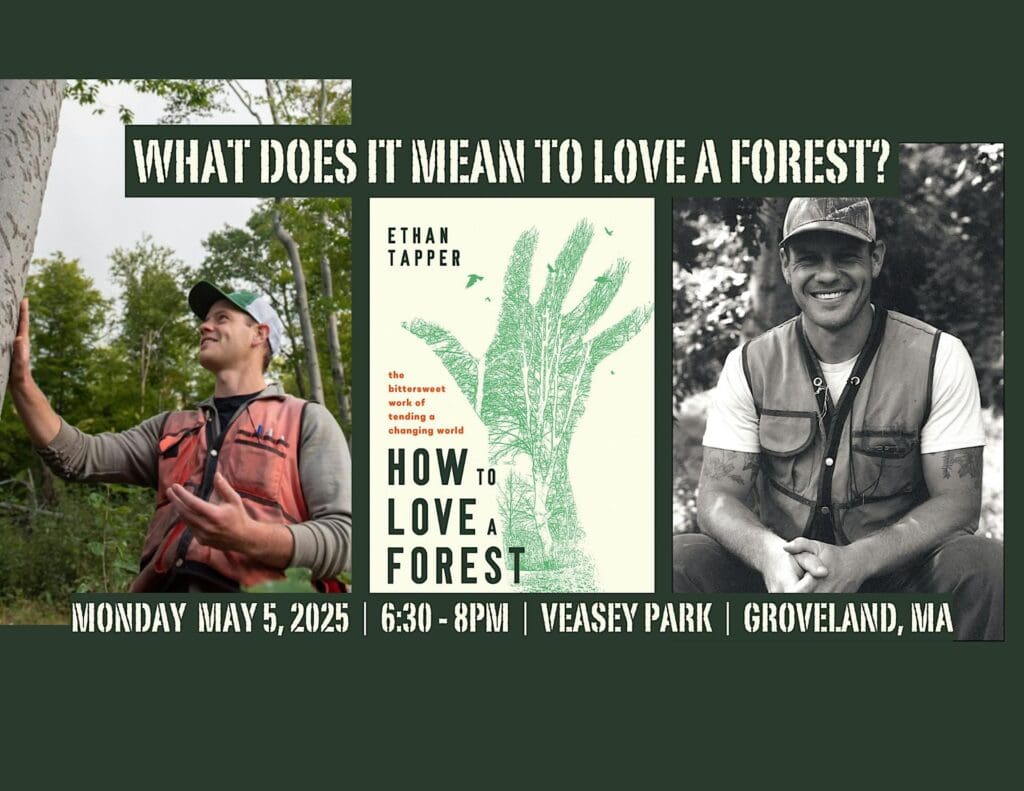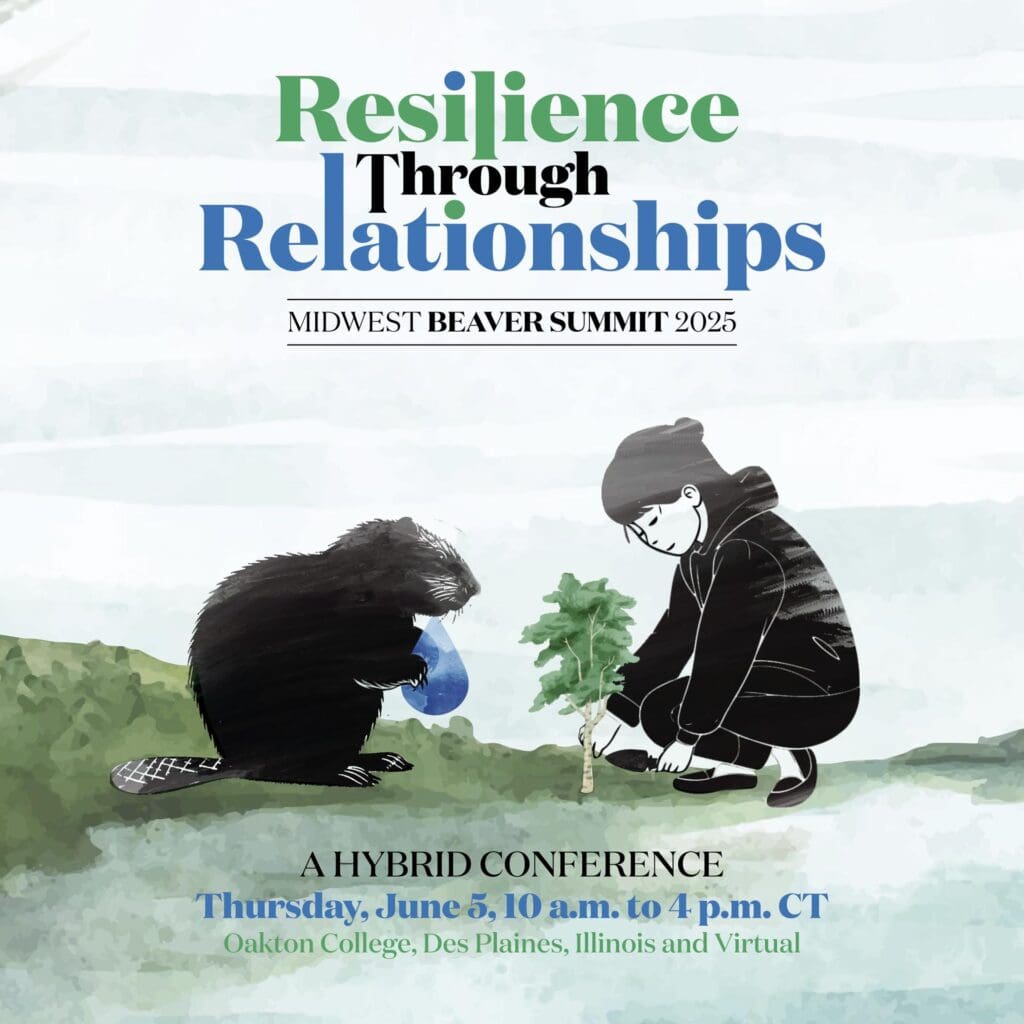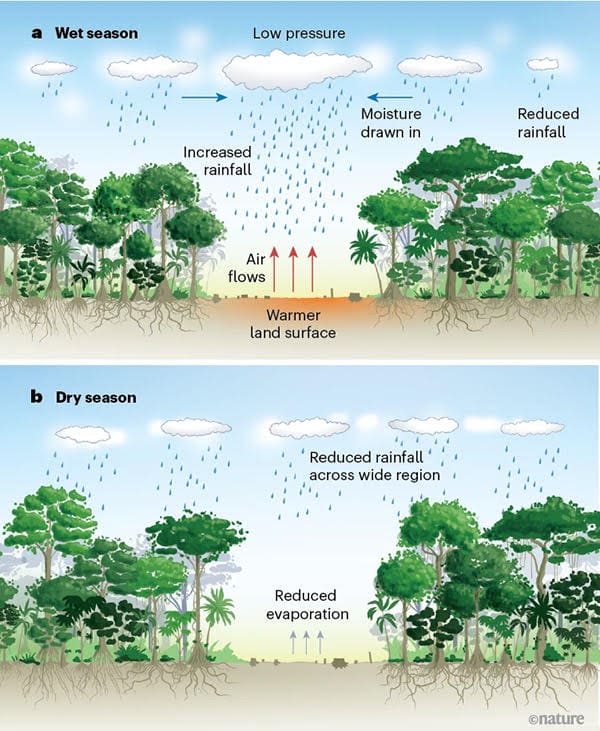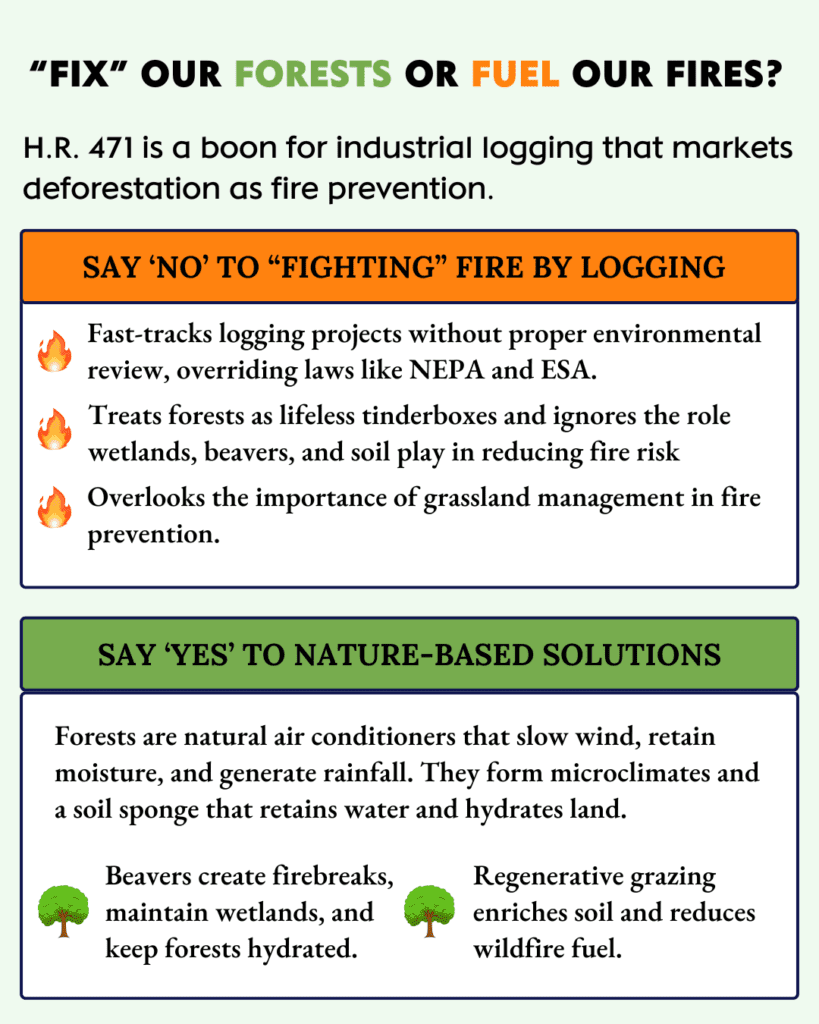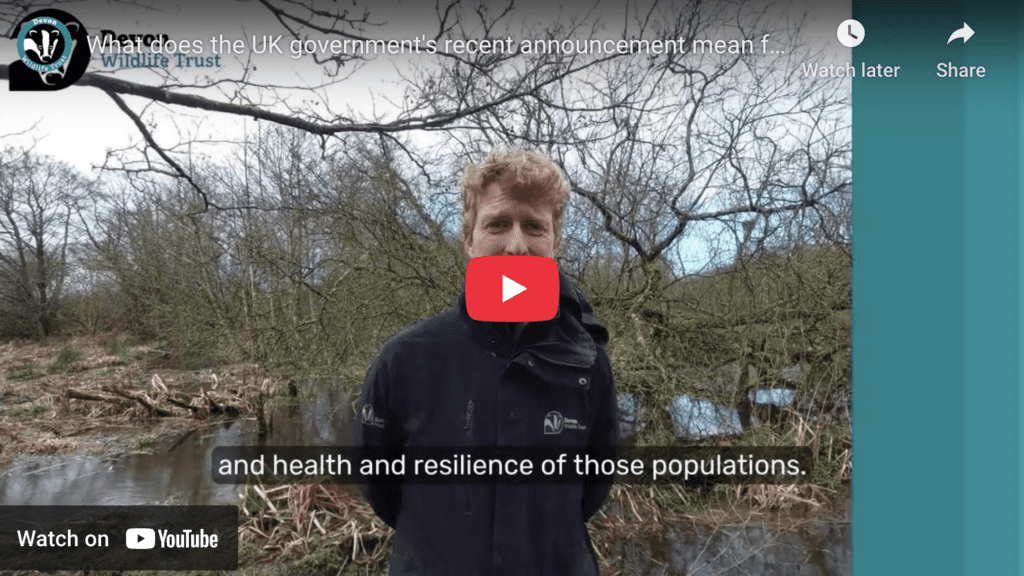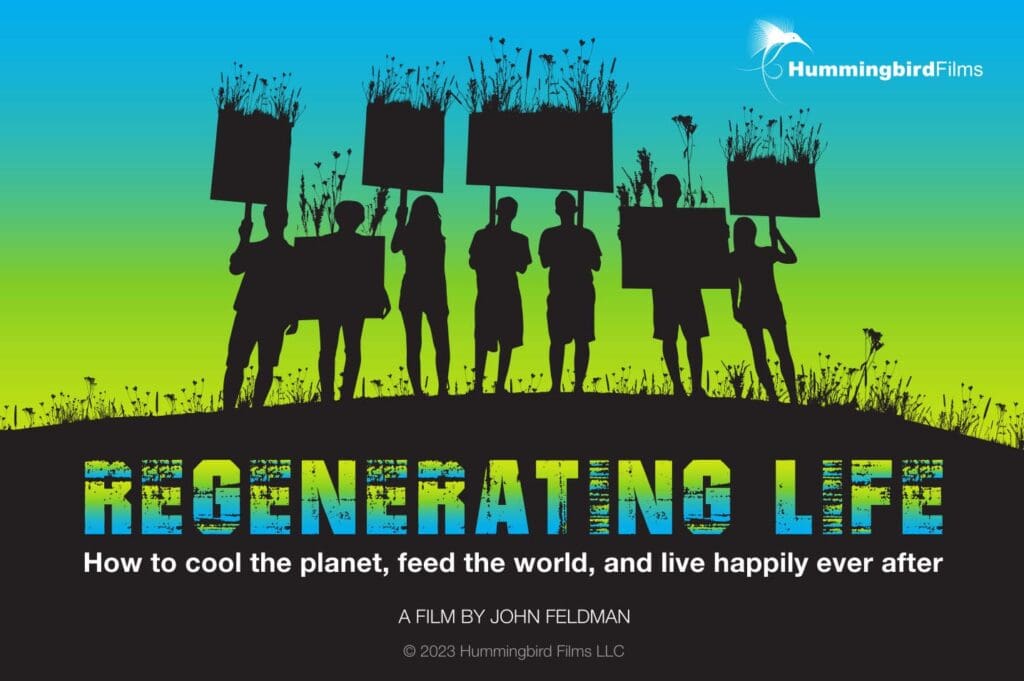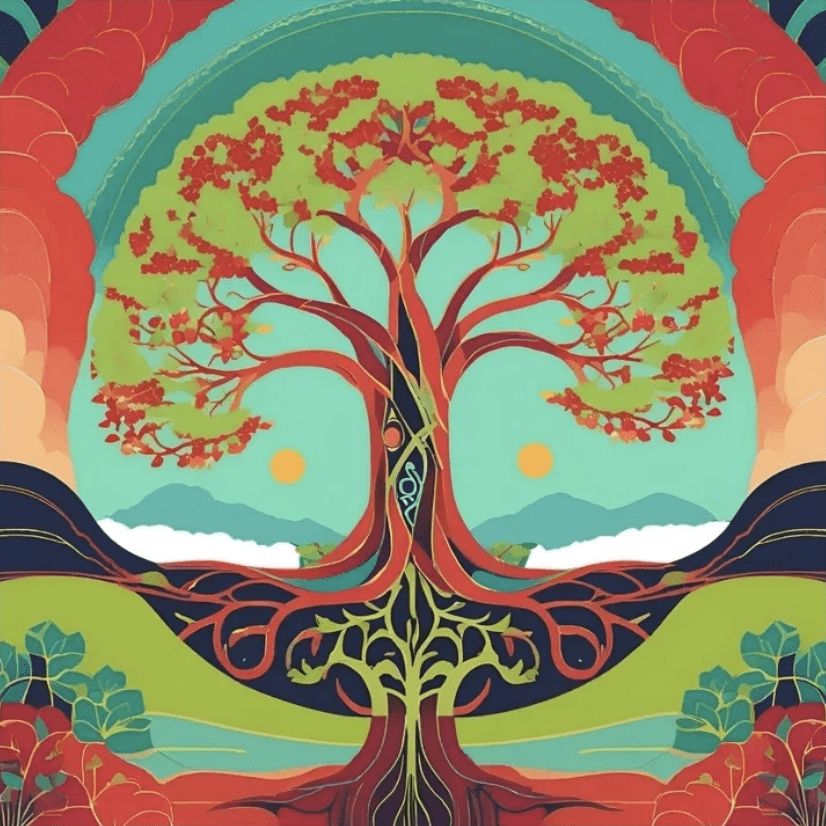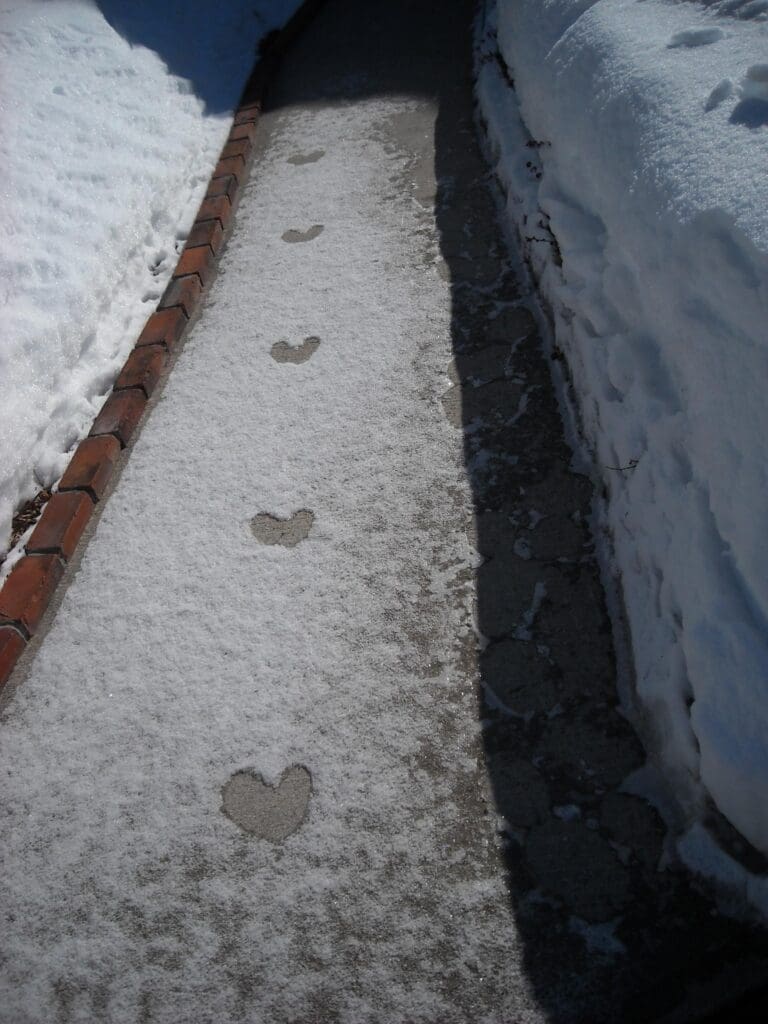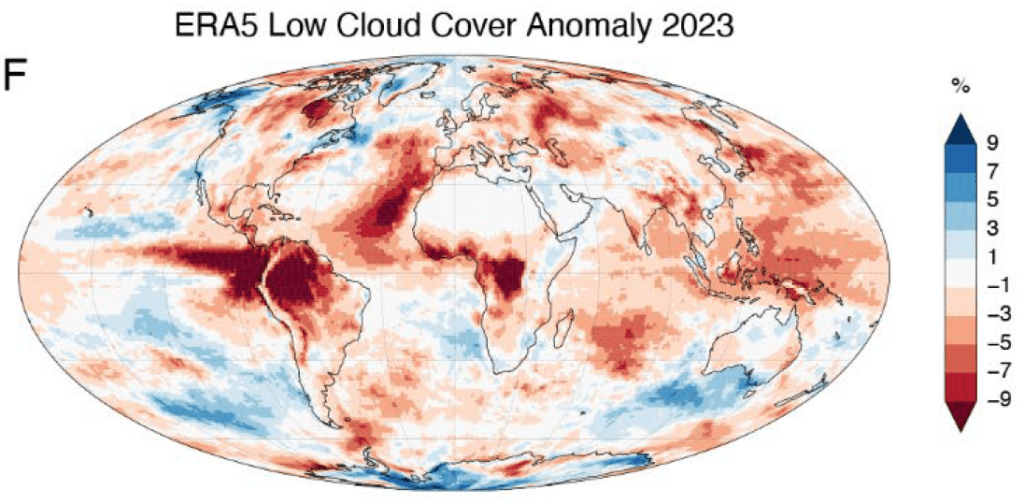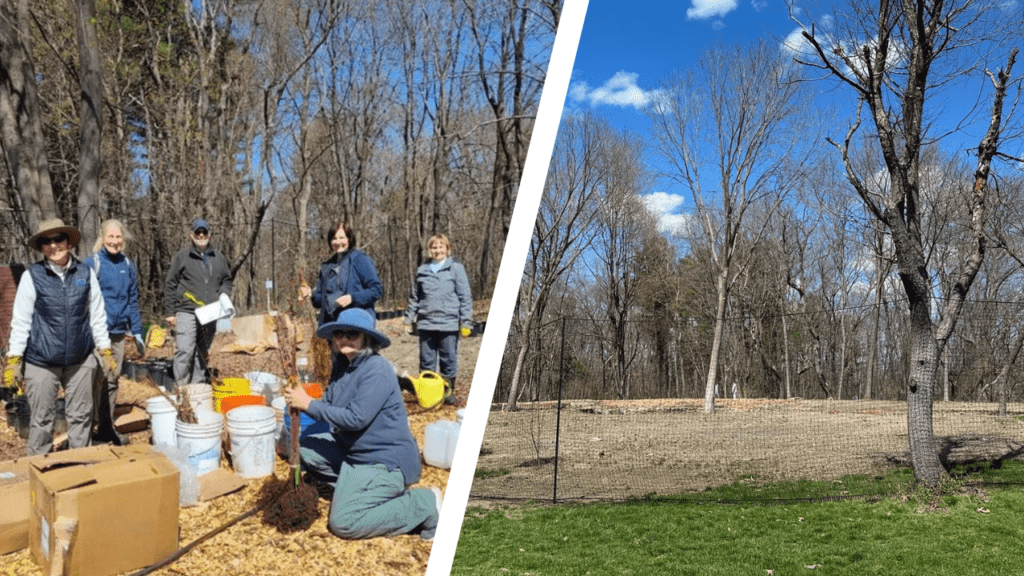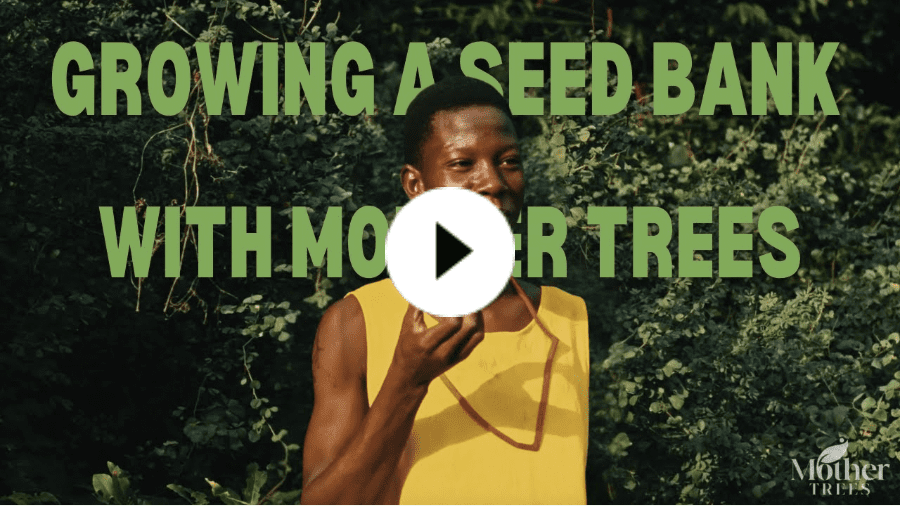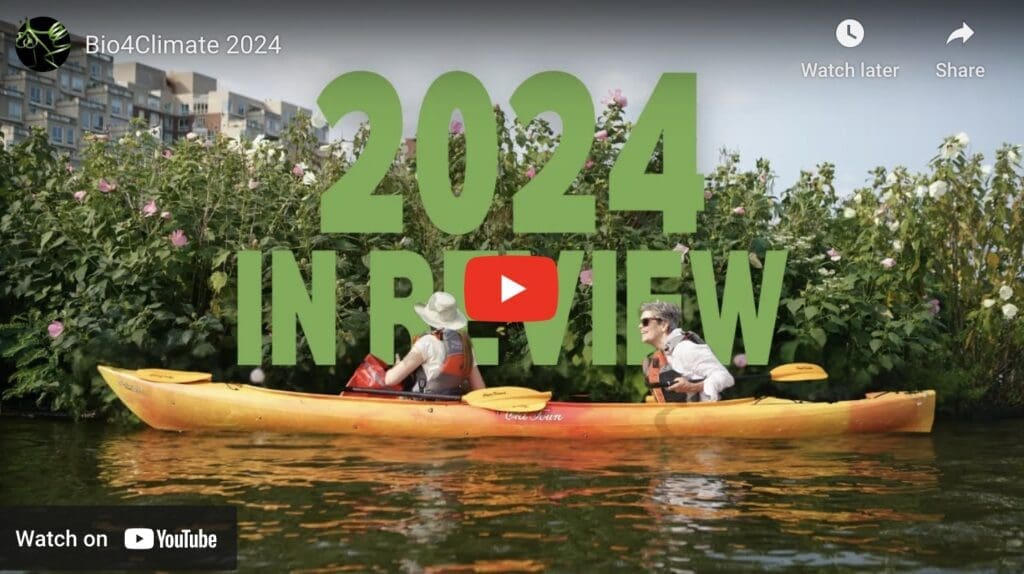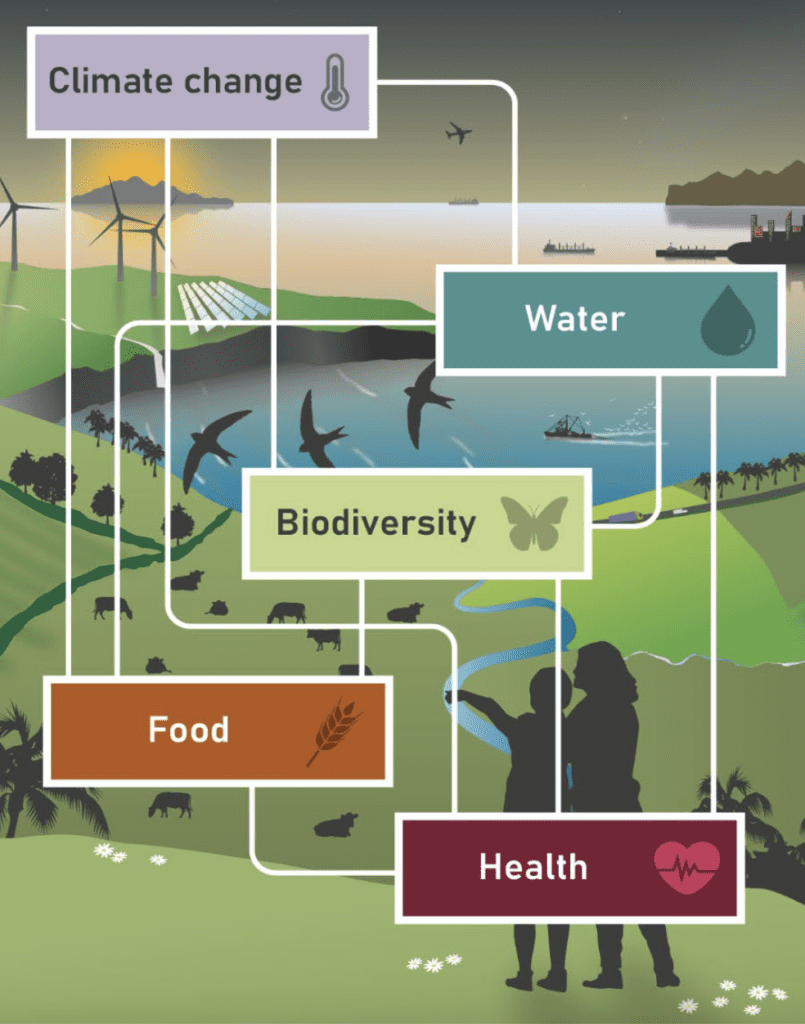News and Insights

Nature’s Memory: How Soil Microbes Help Shape the Climate
A new study from the University of Kansas published in Nature Microbiology reveals that soil microbes can “remember” drought and that this memory helps plants survive. These tiny organisms, which have evolved alongside native plants for thousands of years, store information from past climate conditions in their DNA and community structure.
When plants grow in soils where microbes have experienced drought, they activate genes linked to stress tolerance and iron uptake, including one called nicotianamine synthase.
In short, nature carries a built-in memory system. The living soil beneath our feet connects ecology, genetics, and climate resilience, reminding us that life itself is one of the planet’s most powerful climate technologies.
Events and Community
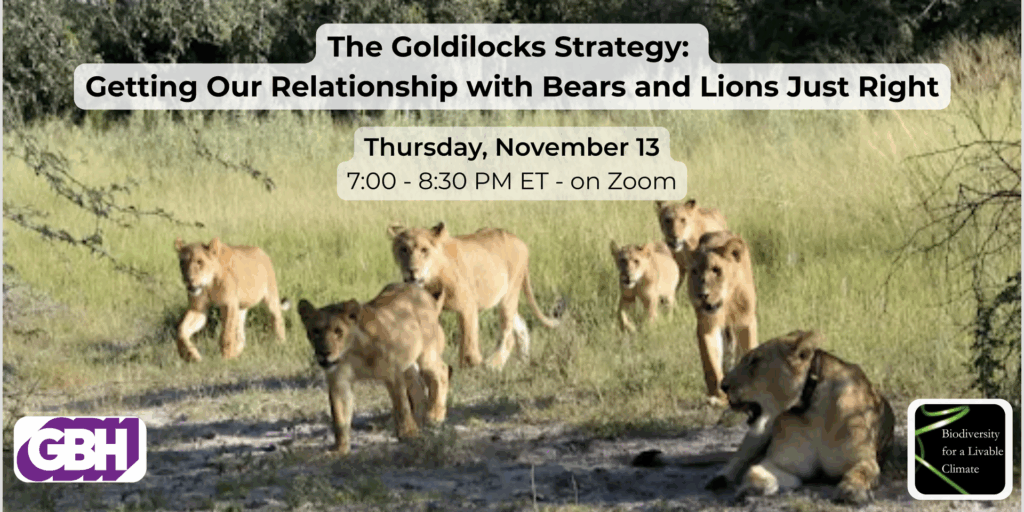
The Goldilocks Strategy: Getting Our Relationship with Bears and Lions Just Right
As a keystone species, humans need to safeguard other powerful animals while protecting the safety and livelihoods of local communities.
Learn firsthand from South African Novelist and Photographer Tony Eprile, in conversation with Botswana Director Dr. Andrew Stein of Communities Living Among Wildlife Sustainably (CLAWS), and Wildlife Ecologist Meghan Walla-Murphy, as they share their adventures and insights from working with animals such as lions and black bears.
They will discuss their work with dangerous predators and the communities that live alongside them; as well as the use of new technology and indigenous wisdom to coexist and thrive side-by-side.
Thursday, November 13
7:00 – 8:30 PM ET – on Zoom
Courses
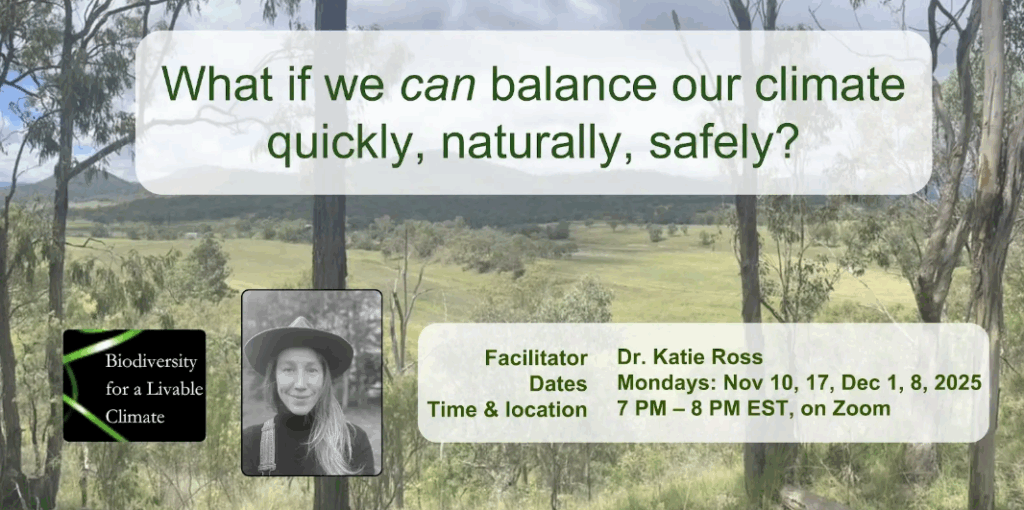



BEGINS MONDAY!
What if climate stability isn’t just about carbon, but about life itself?
Join Dr. Katie Ross for a four-week journey into how nature’s living systems soil, plants, and water regulate temperature, drive rainfall, and restore balance. This course offers a clear, science-based introduction to how the Earth’s ecosystems self-heal and how we can help.
Bring a friend, colleague, or local changemaker into the conversation because the more people who understand how life sustains the climate, the closer we move toward a livable planet.
Invite them to join you in taking this course. Because when more people understand that it’s living species and living systems that keep the temperatures cool, the land hydrated, and the rains gentle and steady, the sooner we will create a livable future for us all.
When: Mondays — Nov 10, 17 & Dec 1, 8 — 7:00 PM ET
Format: 4 Live, 60-Minute Zoom Sessions (with recordings each week)
Instructor: Dr. Katie Ross
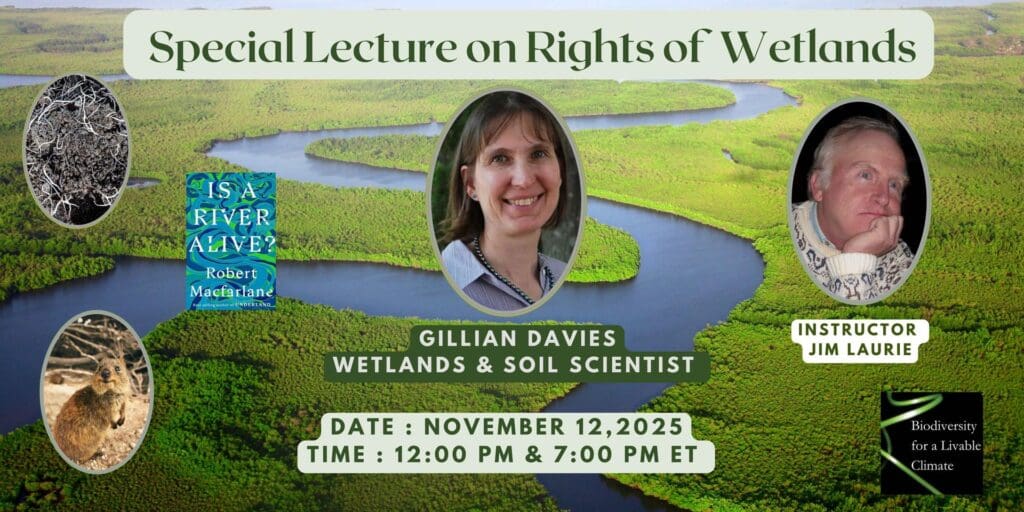

Special Lecture on the Rights of Wetlands
with special guest Gillian Davies
We invite you to attend a Free, special session of Jim Laurie’s ongoing course Biodiversity 13: Rivers, Forests, and the Rights of Nature.
On Tuesday, November 12, Gillian Davies from the Rights of Wetlands initiative will join our 12:00 and 7:00 P.M. (U.S. Eastern) classes. Gillian is a leader in the global effort to develop the Universal Declaration of the Rights of Wetlands, bringing together scientists, policymakers, and communities to recognize wetlands as living systems essential to biodiversity, water, and climate balance.
Join us for this inspiring conversation to explore how recognizing the rights of wetlands can help restore harmony between people and nature.

